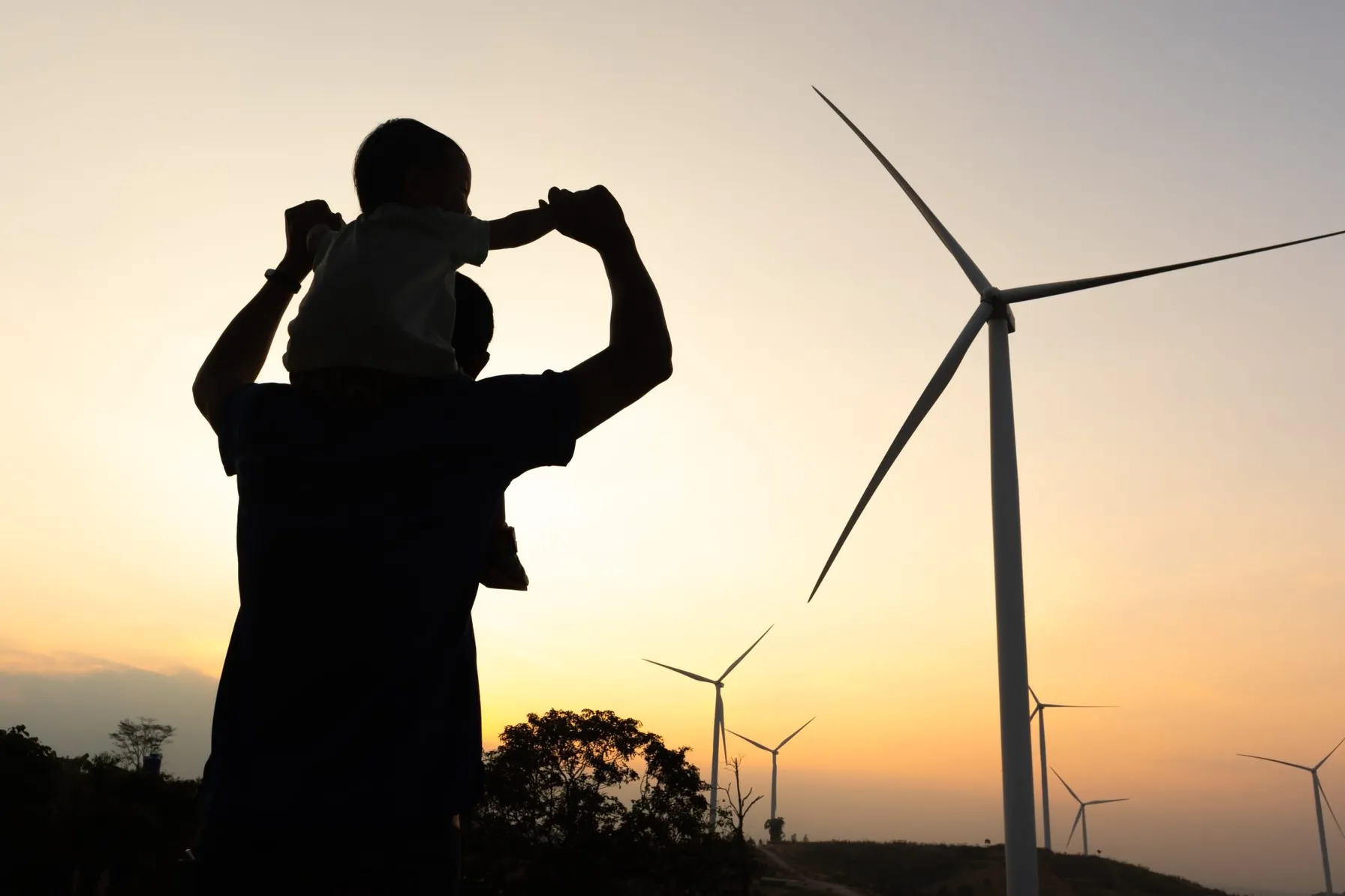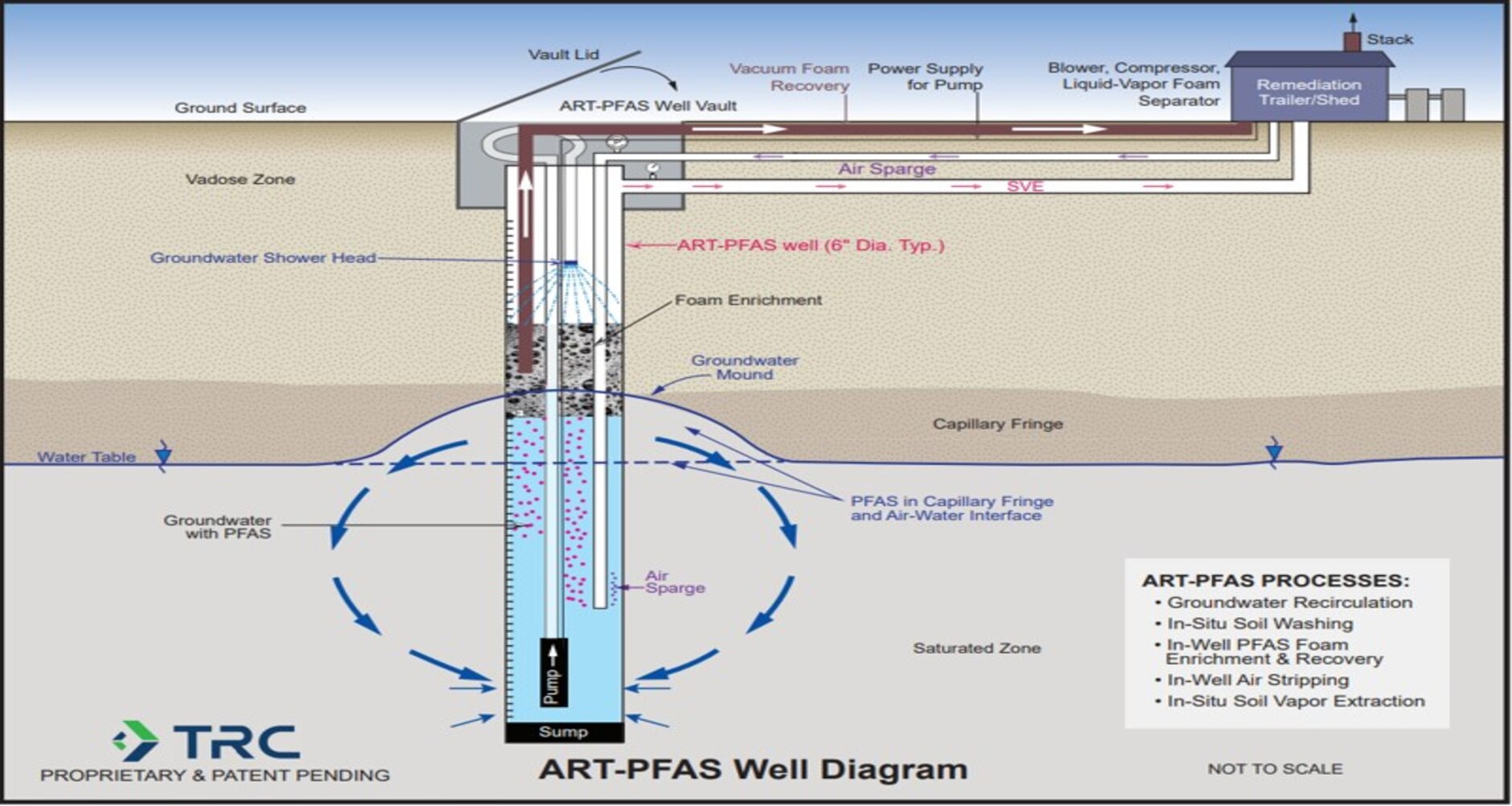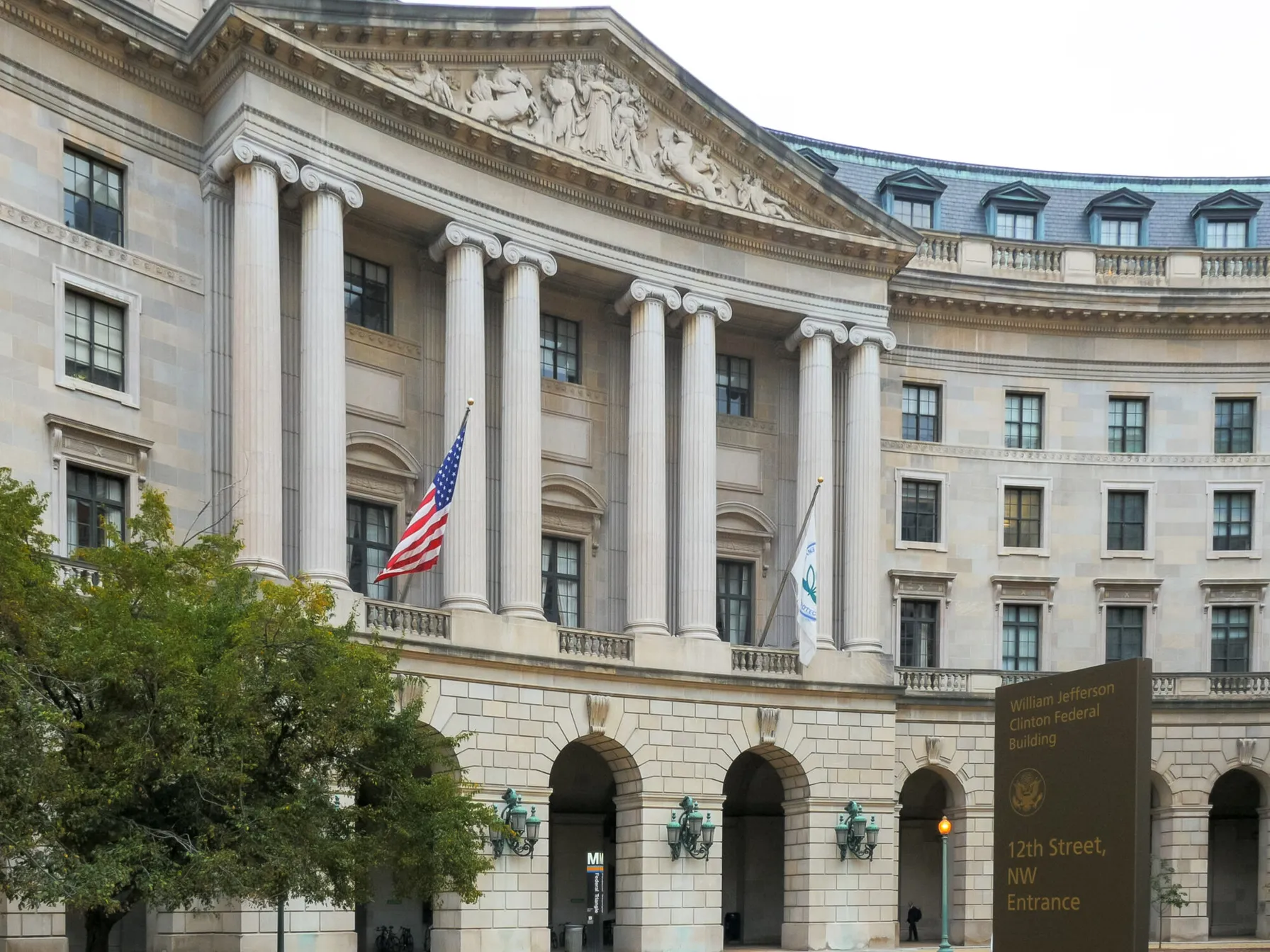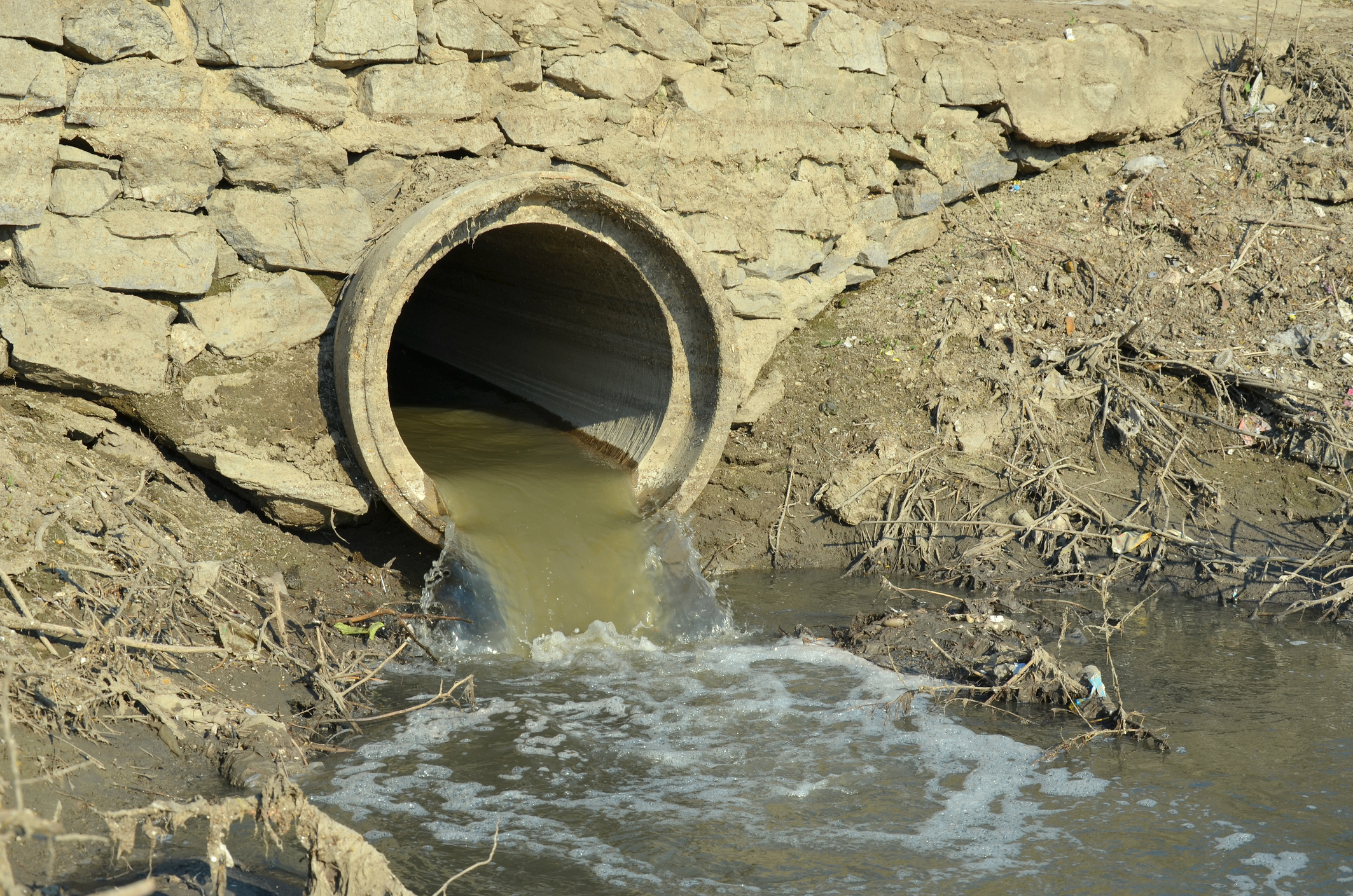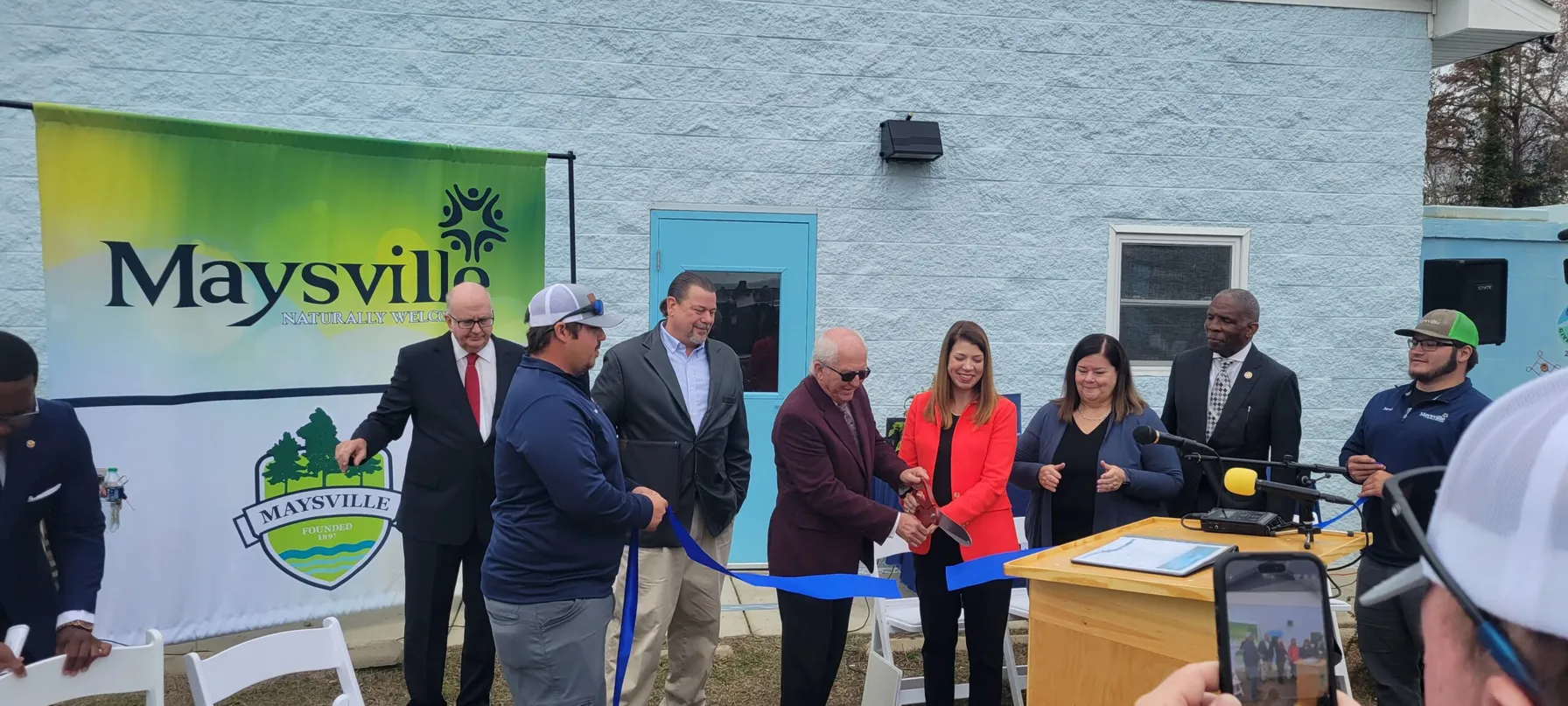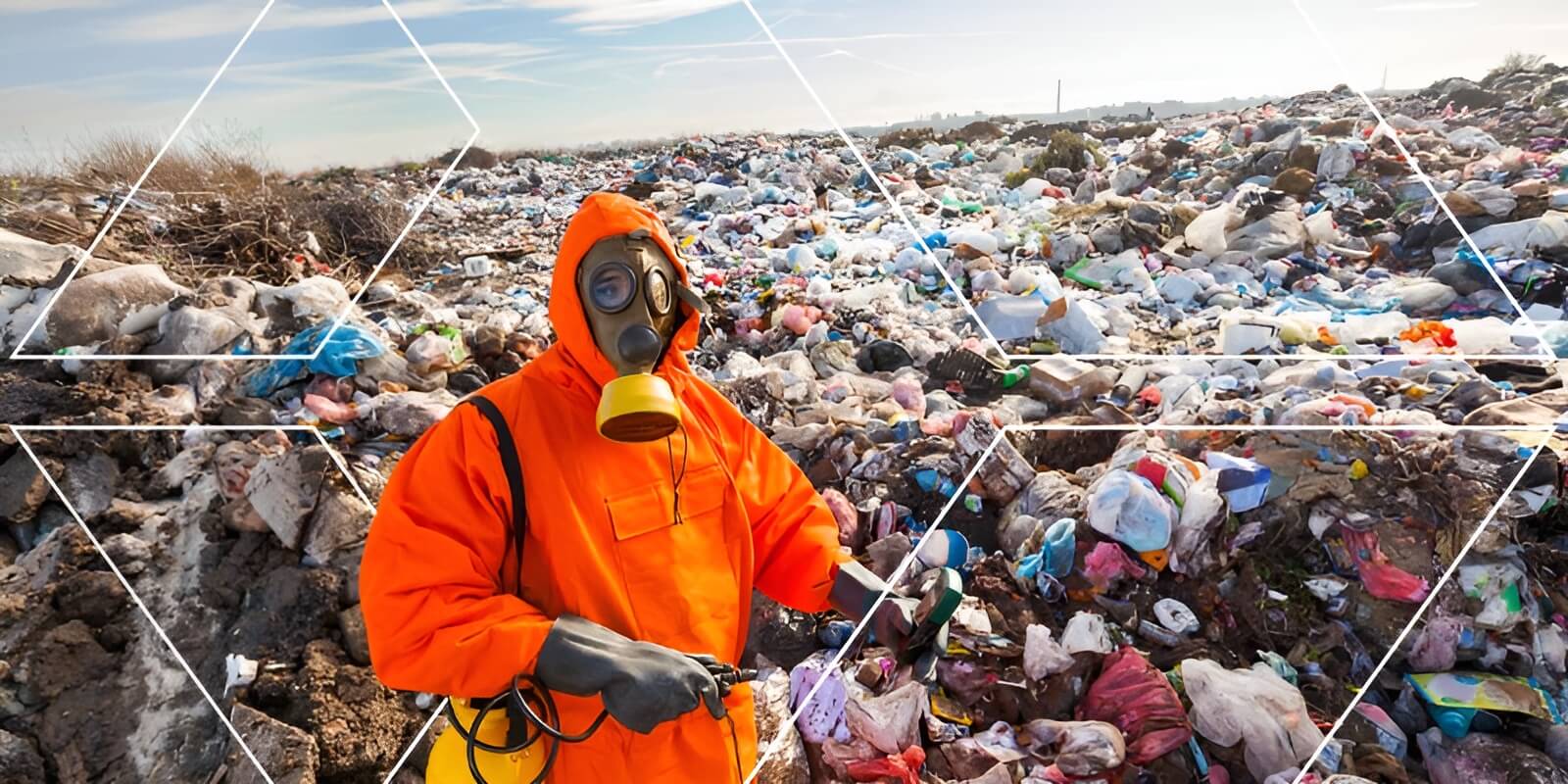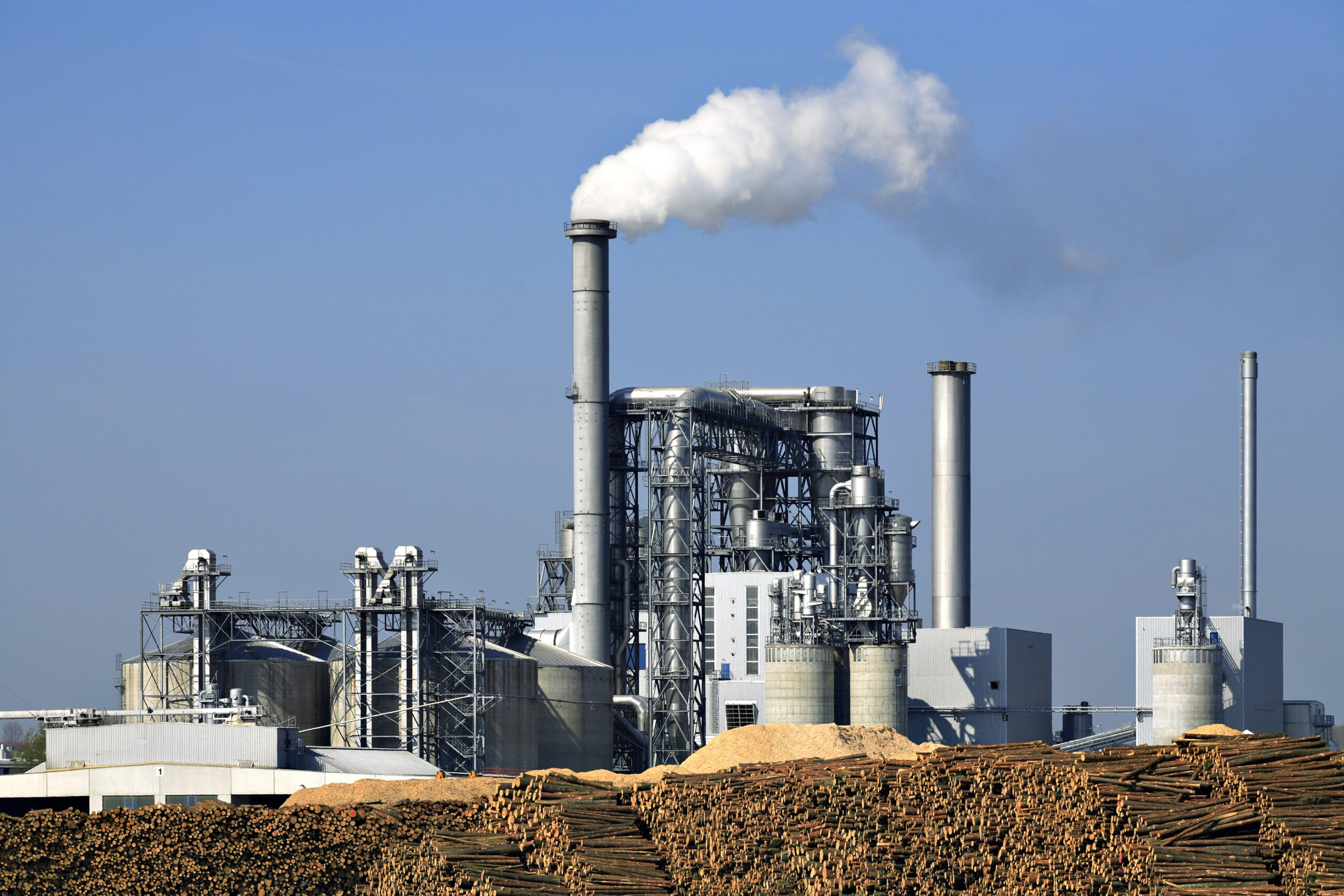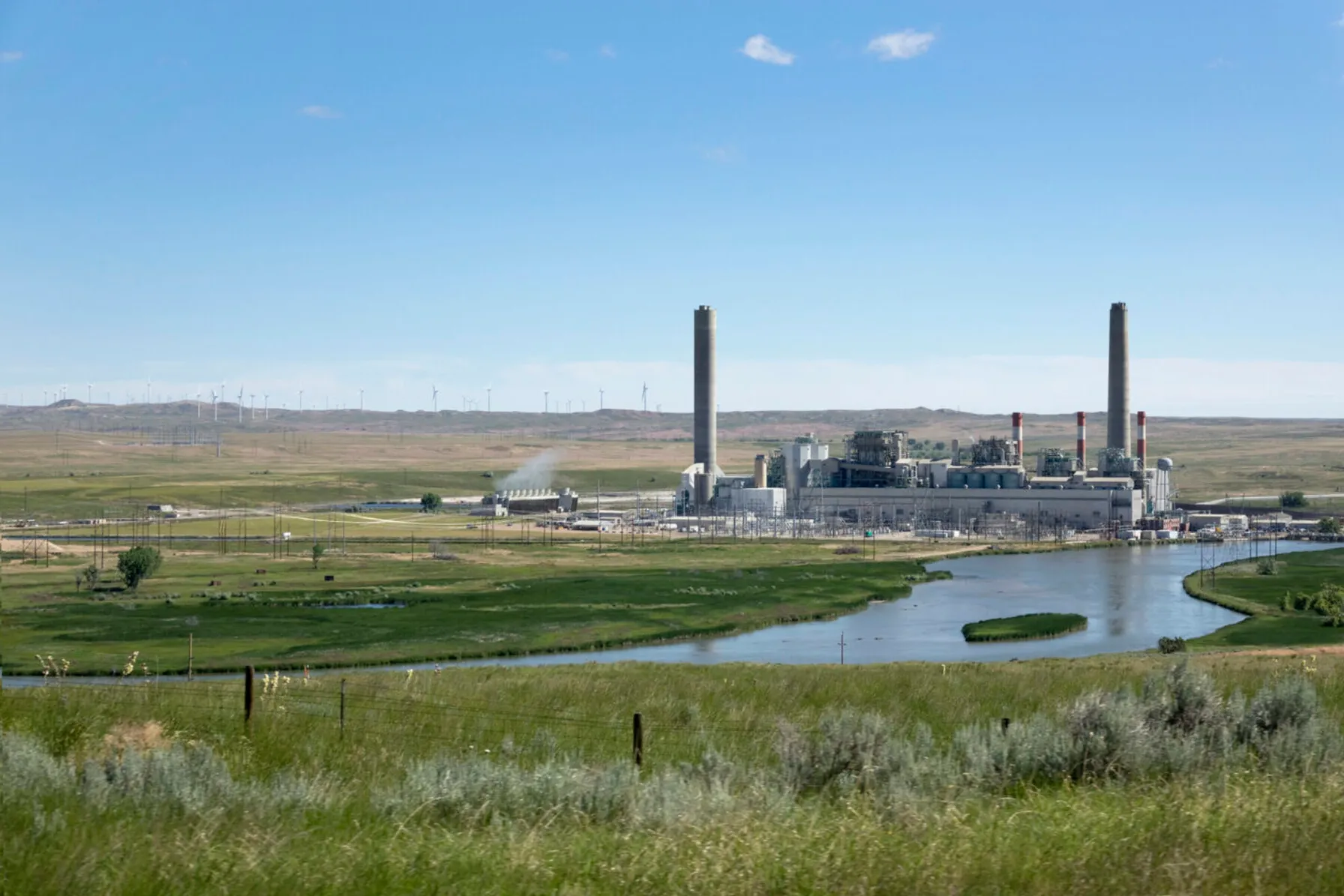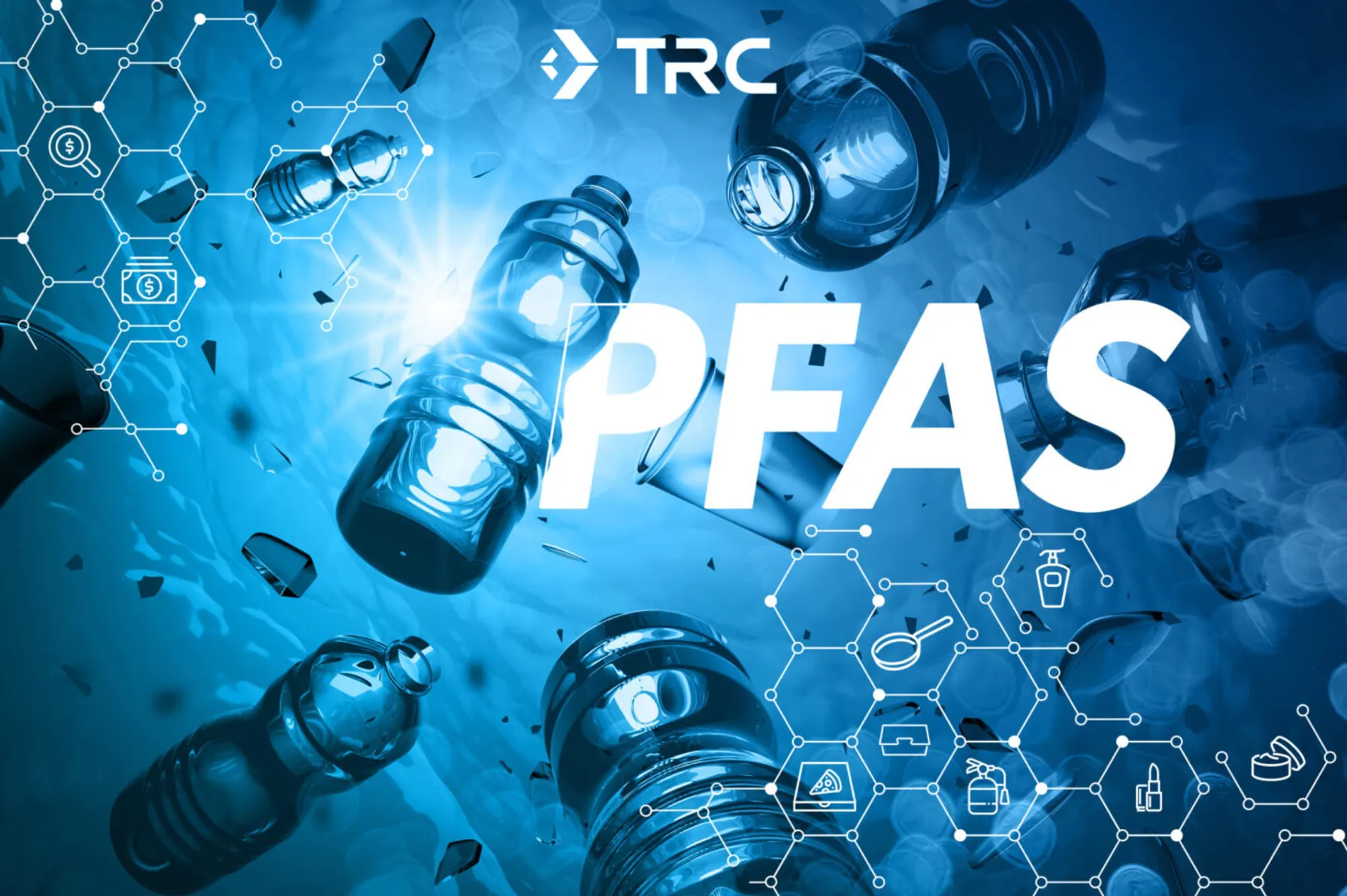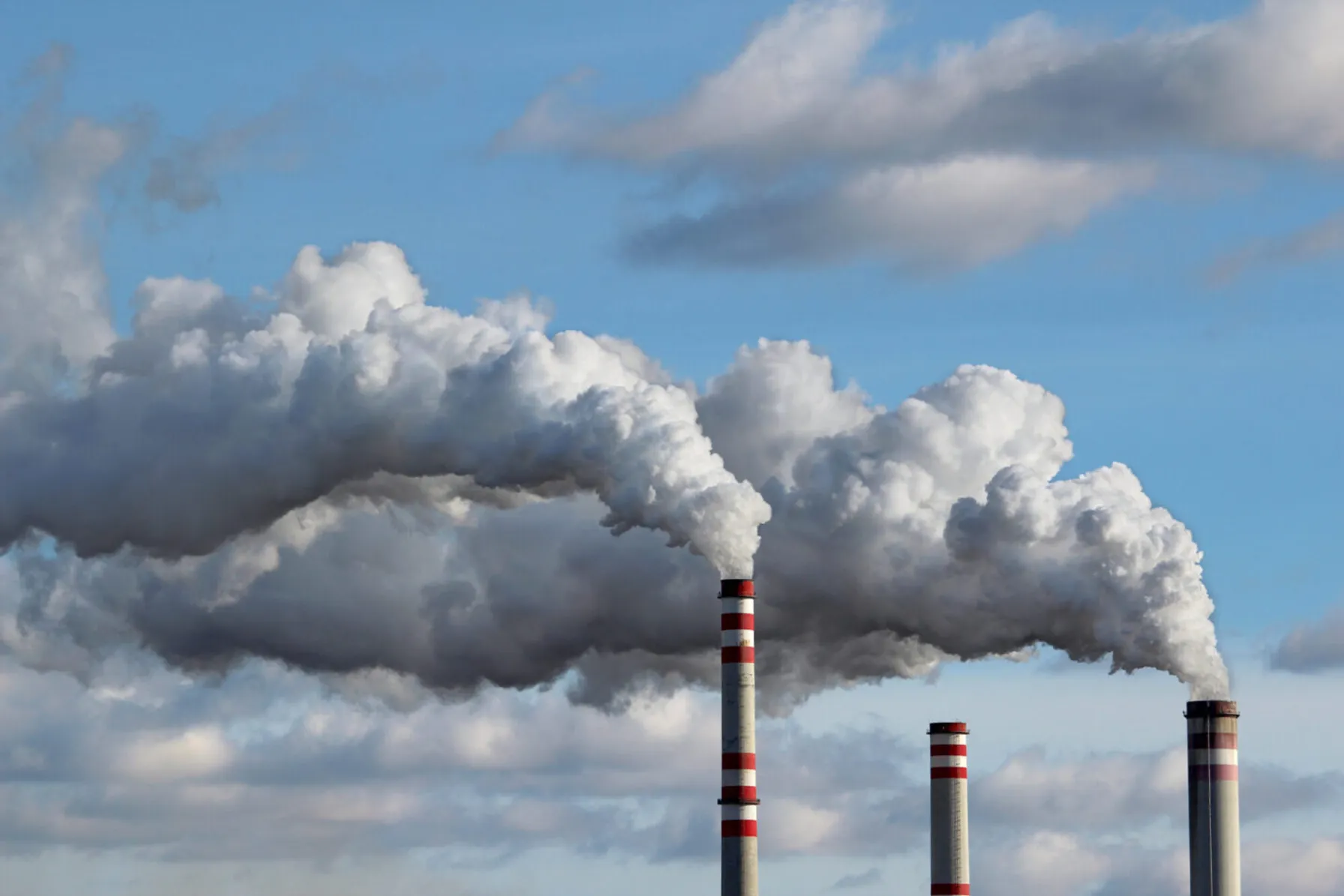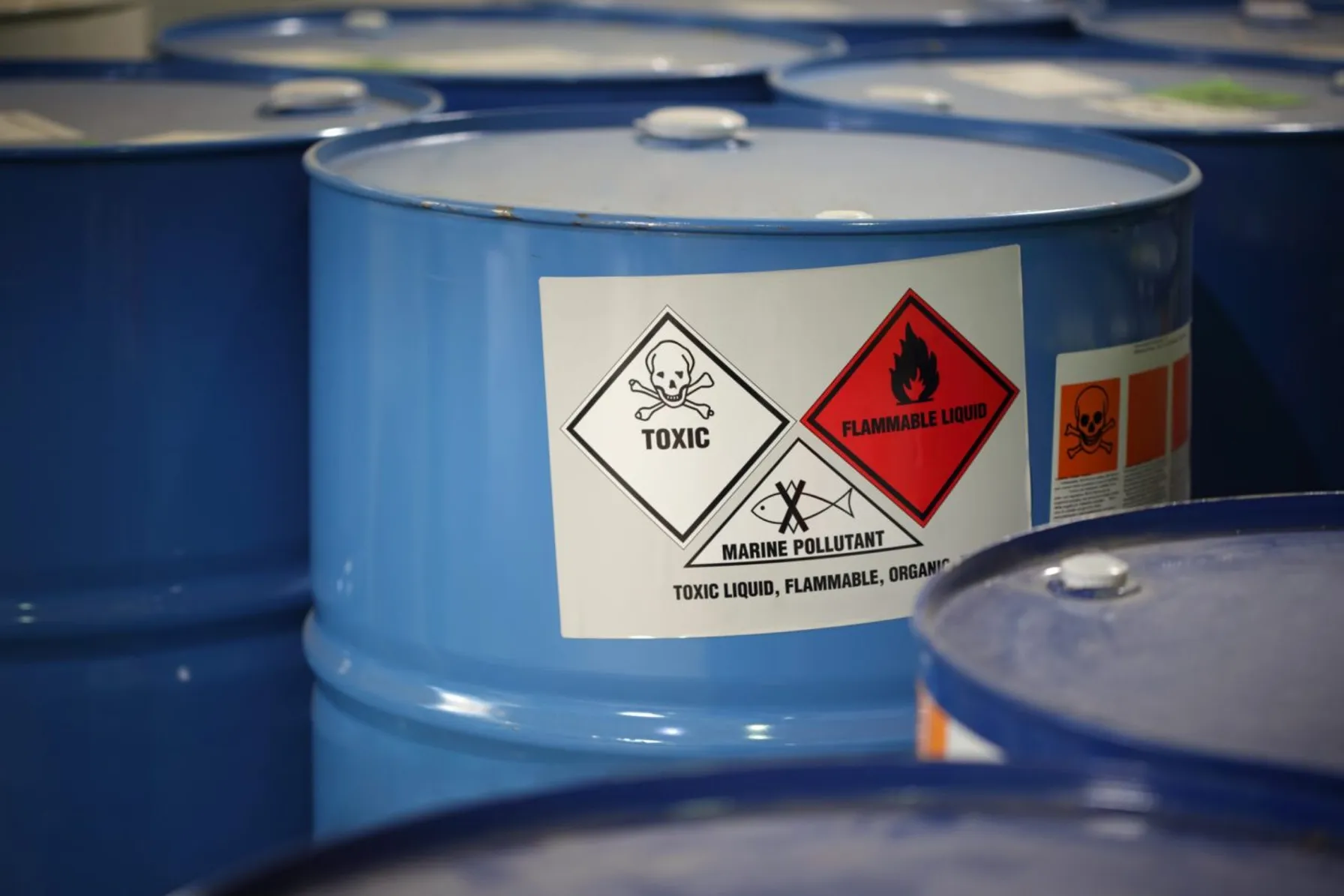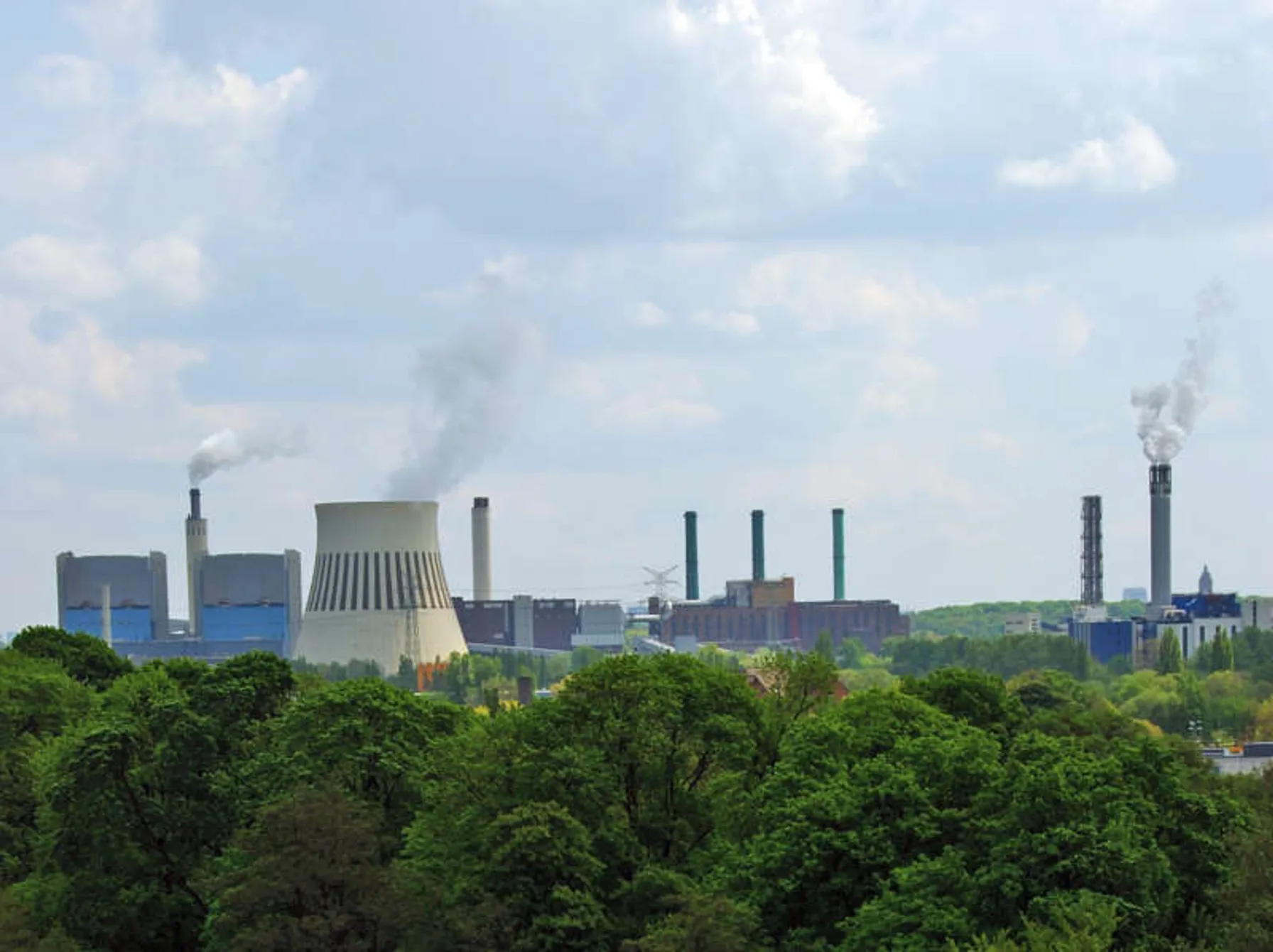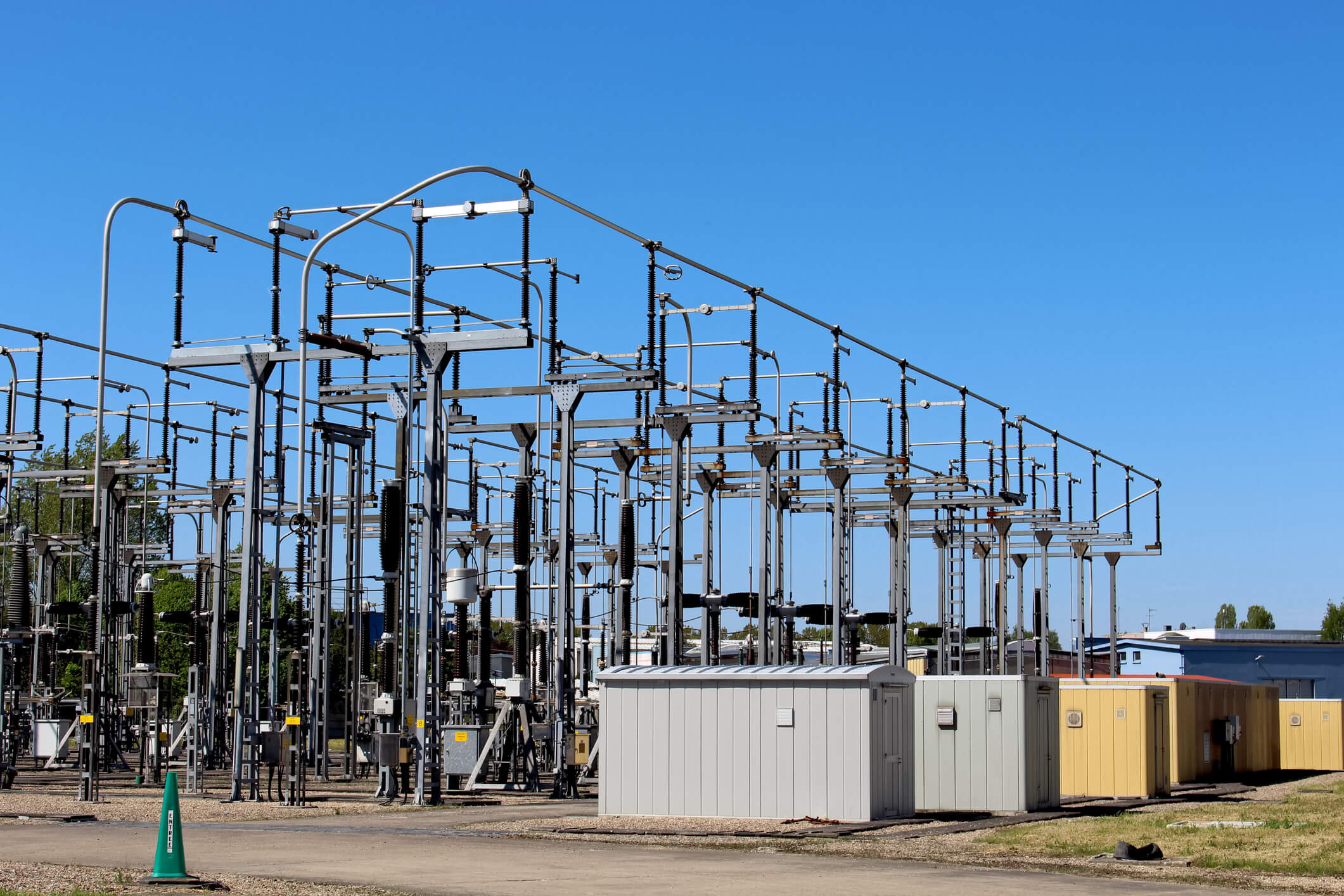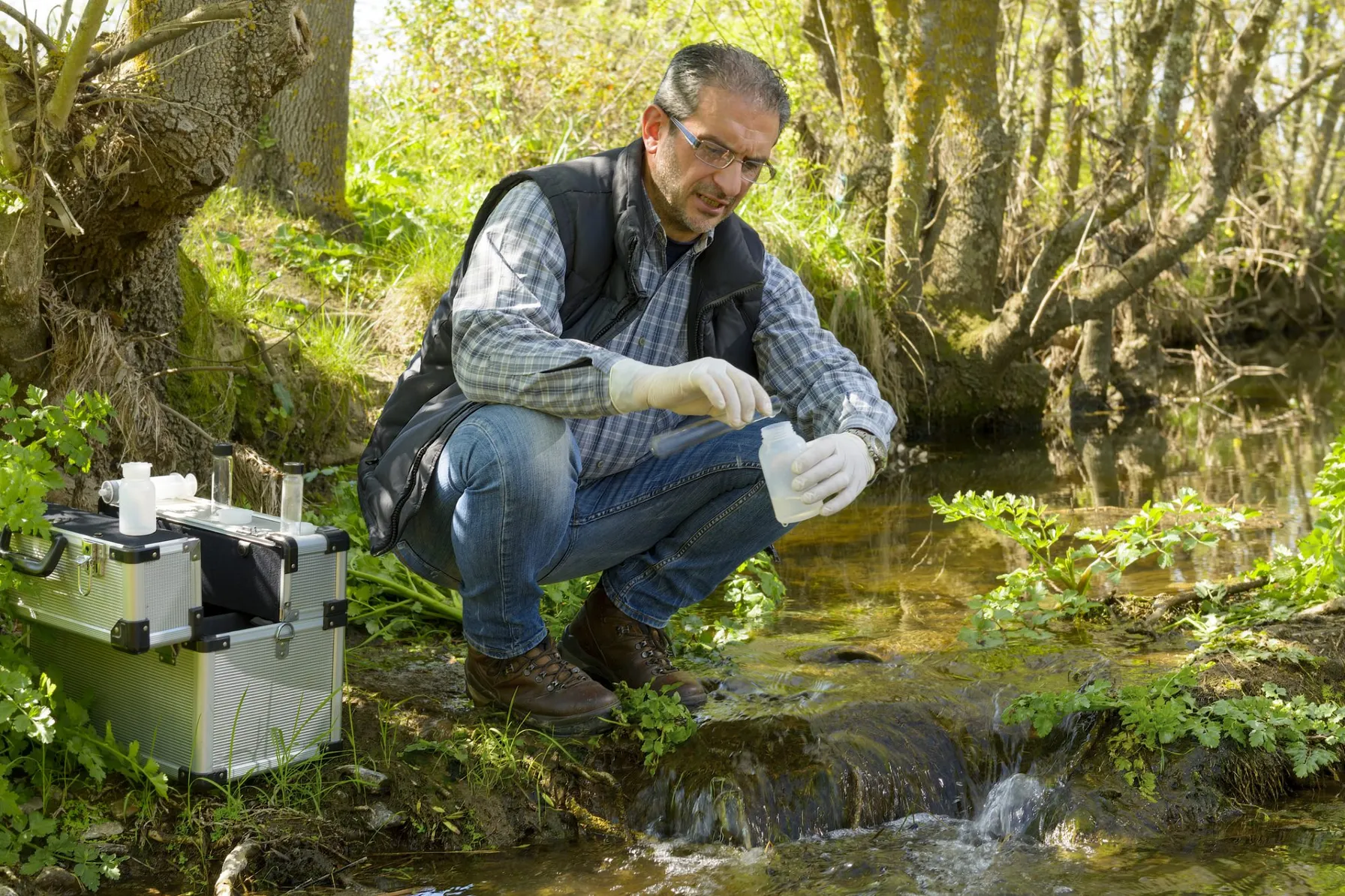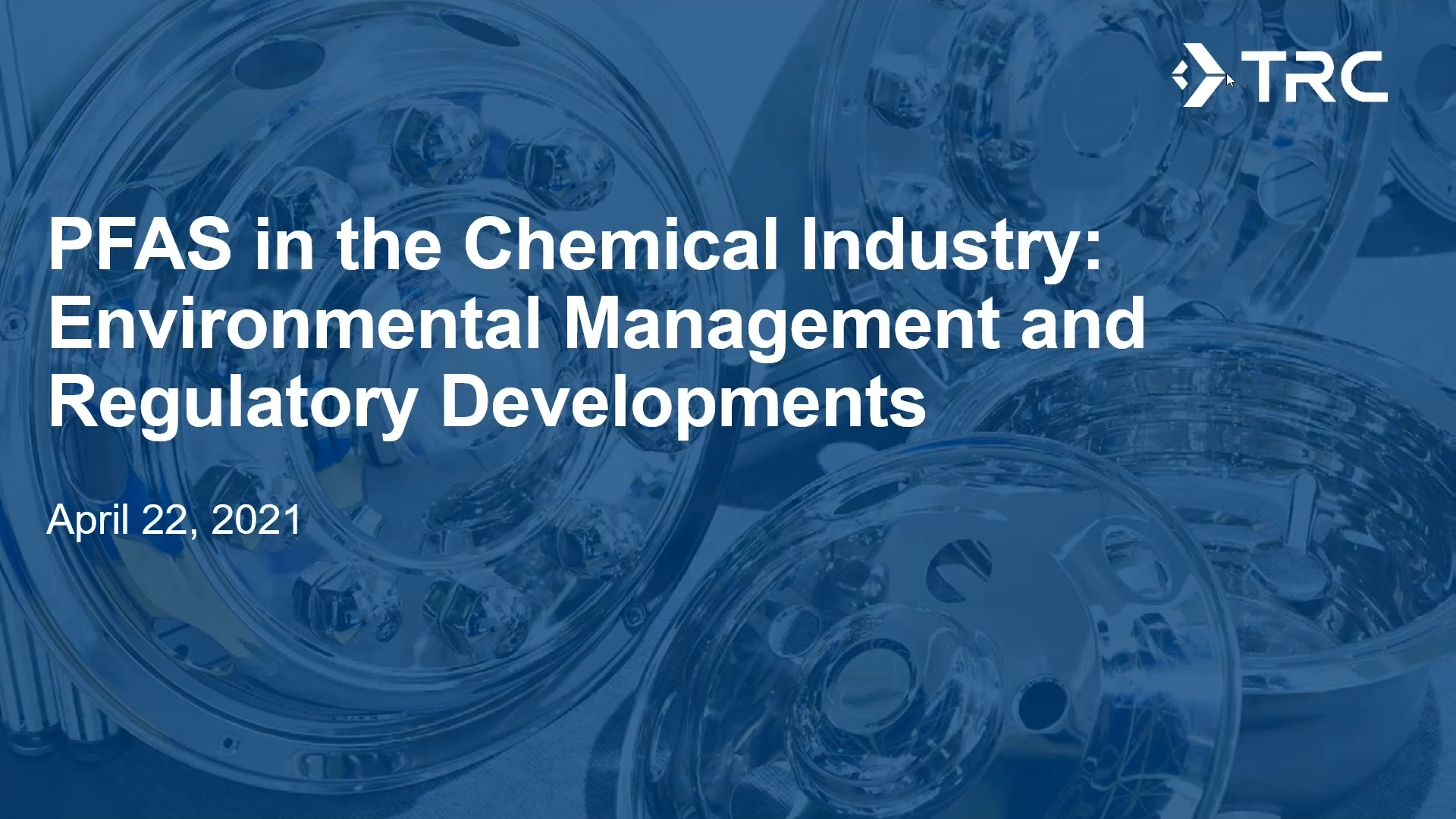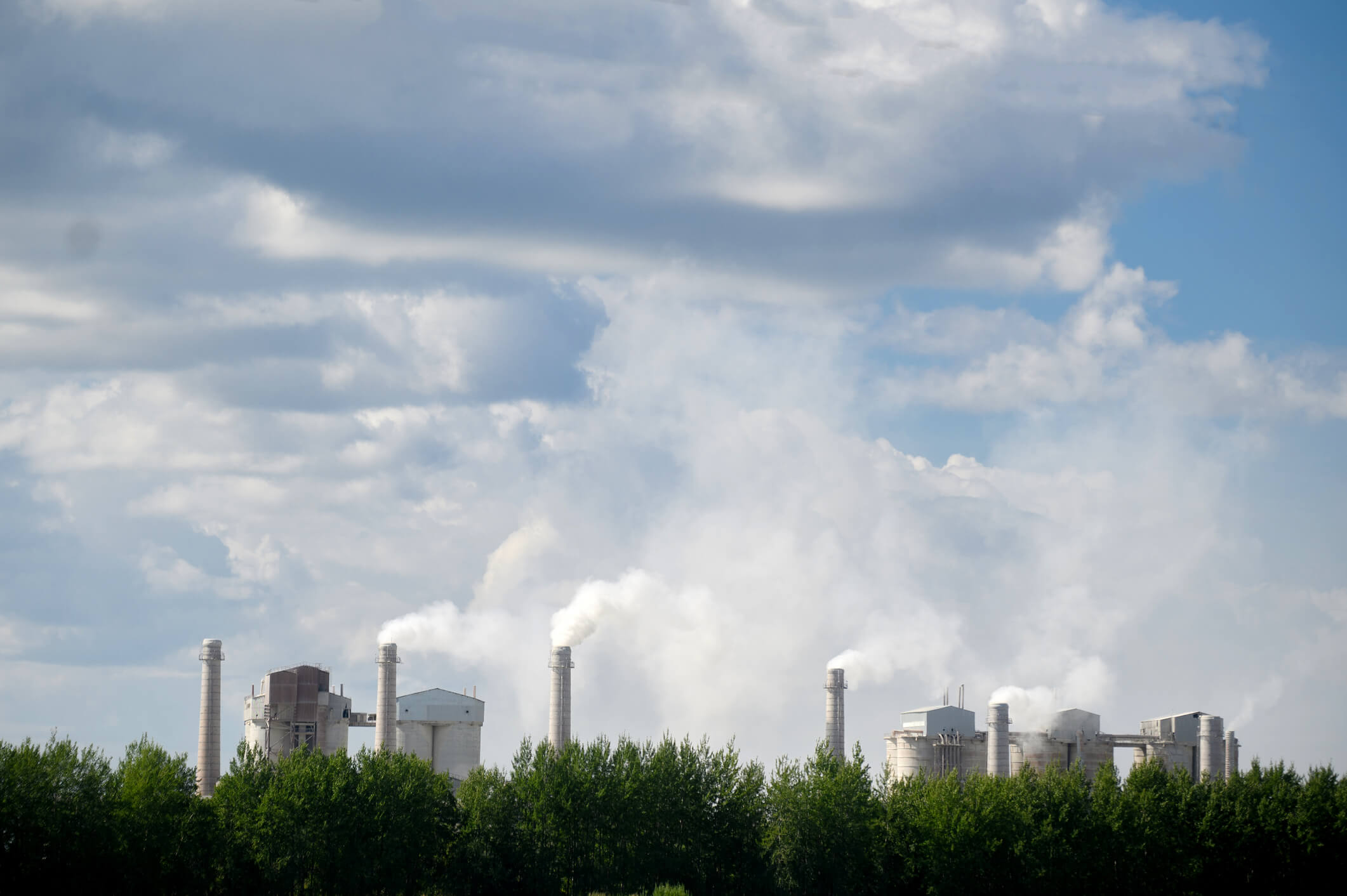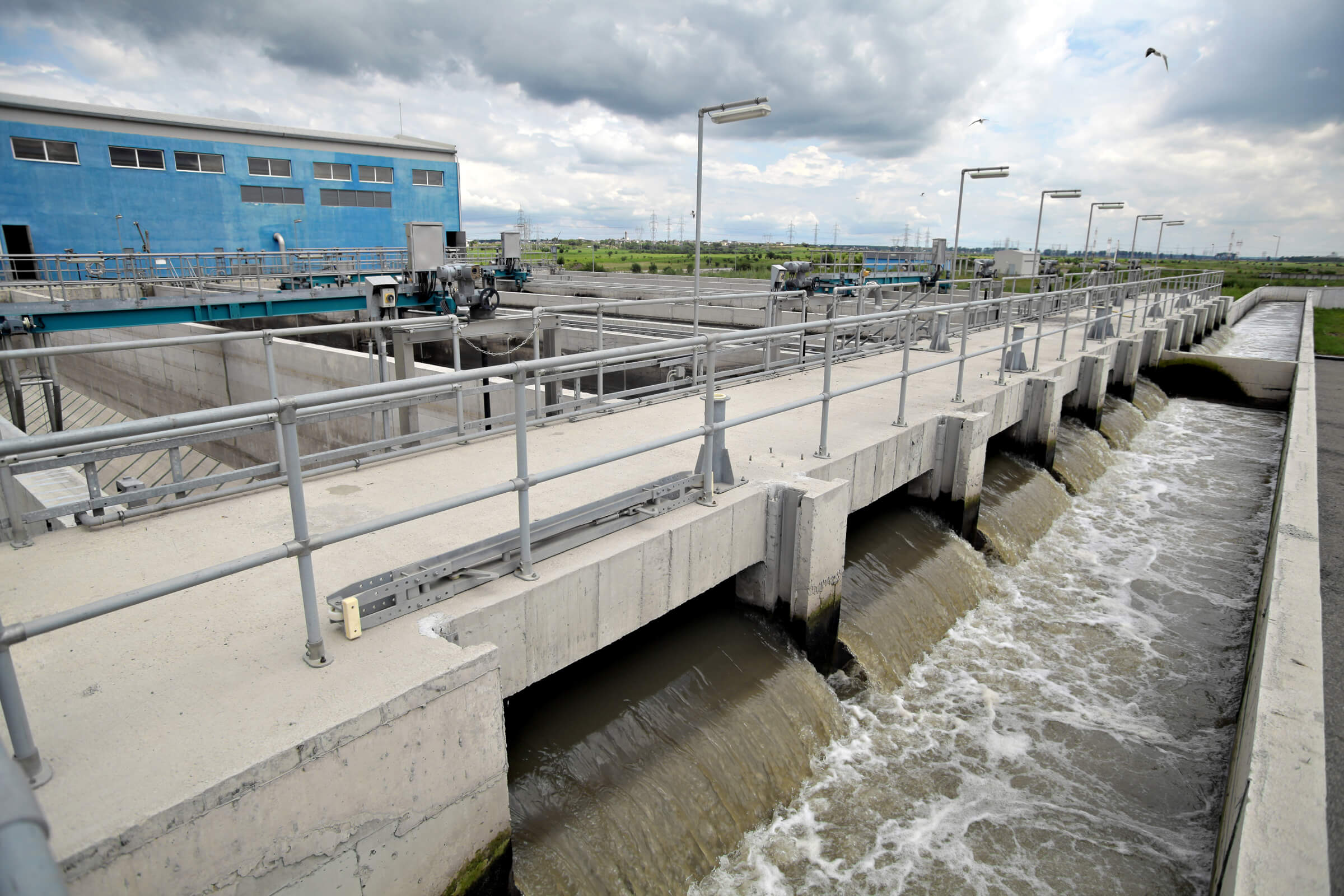Public understanding of greenhouse gas emissions and their impact on the climate has increased significantly in recent years, leading the energy industry to accelerate decarbonization efforts. Yet while carbon reduction efforts create clear environmental benefits, as well as new business and green job opportunities, the transition to a low-carbon economy can have unintended consequences for the communities it seeks to serve.
For some businesses, like power generation and mining companies, decarbonization means they will have to restructure or become obsolete. The phase-out of such industries also leads to lost jobs and economic hardship for workers, their families and their communities. For industry leaders, an innovative climate justice approach known as a “Just Transition” can help ensure that the shift to a clean energy economy benefits people as well as the environment.
Pillars of a Just Transition
The Climate Justice Alliance, an alliance of 74 diverse frontline communities, nonprofit organizations, and environmental justice collaboratives, is a leader in defining Just Transition efforts. Just Transition processes and principles seek to maximize the benefits of a low-carbon economy while minimizing negative impacts on workers, businesses and their communities. A Just Transition engages these stakeholders as partners to ensure that moving away from a fossil-fuel-based economy towards a climate-resilient one also brings support, guidance and growth opportunities.
Many states and local jurisdictions have begun to establish pillars of a Just Transition, providing a framework that ensures economic and social systems, as well as environmental impacts, are integrated into new clean energy policies, programs and initiatives. While the framework should be tailored to each community’s unique needs, common pillars include:
- Exploring and co-creating proactive solutions with social partners (trade unions and employers) and other stakeholders (communities)
- Mitigating lost jobs and optimizing local resources through economic development services and community investment in low‐emission and job-rich industries, including clean and renewable energy and green manufacturing
- Ensuring that proposed policies are linked to positive health, environmental, and other quality-of-life outcomes for residents
- Addressing the short-, mid-, and long-term local and regional economic impact of the transition, with a focus on adapting infrastructure in support of new economic development – or in some cases, developing an economic diversification plan, which helps shift economies from one main income source toward multiple sources
- Optimizing and increasing access to resources (state or otherwise) that aid workers and communities during all phases of the transition, including workforce training and development, reskilling labor for new economy jobs, and “end-to-end” support services such as healthcare and childcare
- Recruiting Just Transition advocates at the state and local level to create a sustainable foundation for program financing and implementation.
Just Transition In The U.S. and Beyond
What began as a grassroots movement for supporting local workforces has taken hold across the United States.
Since 2019, more than 140 pieces of legislation with a Just Transition planning component have been introduced, with the following bills signed into law:
- Colorado House Bill 19-1314 led to development of the state’s draft 2020 Just Transition Plan, which includes eleven key recommendations to support workers and communities as Colorado phases out coal fuel.
- Hawaii’s Senate Resolution 44, signed in April 2021, declared a climate emergency in the state and requested statewide collaboration toward a Just Transition “rooted in equity, self-determination, culture, [and] tradition.”
- Illinois’ Climate and Equitable Jobs Act, signed in September 2021, requires the development of a statewide Just Transition plan and provides significant funding for impacted communities, businesses and individuals, including a program that provides one-year of college tuition for children of displaced workers.
- An Act To Establish a Green New Deal for Maine, signed in June 2019, includes four key pillars to support the state’s shift to 80% renewable energy, including creation of a Commission on a Just Transition to a Low-Carbon Economy.
- The New York Climate Leadership and Community Protection Act (“Climate Act”) signed in July 2019, established comprehensive emissions reduction and renewable energy targets, in order to ensure the transition to renewable energy is equitable and includes workforce training, jobs creation, and repurposing of retired power plant sites.
- Signed into law in April 2021, Rhode Island’s Act On Climate bill updates statewide emission reduction mandates and mandates development of a transition plan that address environmental justice and equity concerns.
- “Concerning the Washington Climate Commitment Act” (SB5126), signed in May 2021, includes Just Transition provisions, preventing job loss and offering worker support – including full wage replacement and health benefits – to minimize any adverse impacts of the clean energy transition.
- While West Virginia’s Senate Bill 42, signed by the Governor in April 2021, is largely a coal protection bill, it also incorporates Just Transition provisions that direct the state to provide education and re-training opportunities for displaced coal miners.
Just Transition concepts are in early stages of implementation beyond the U.S., with the European Union launching their Just Transition program in July 2021. Referred to as the Just Transition Mechanism, the EU’s plan establishes a dedicated fund to alleviate the socio-economic impact of phasing out fossil fuel industries. It also includes an 2021-2030 transition timeline that features workforce development, re-training, and rehabilitation needs.
Case Study: New York’s Just Transition Working Group
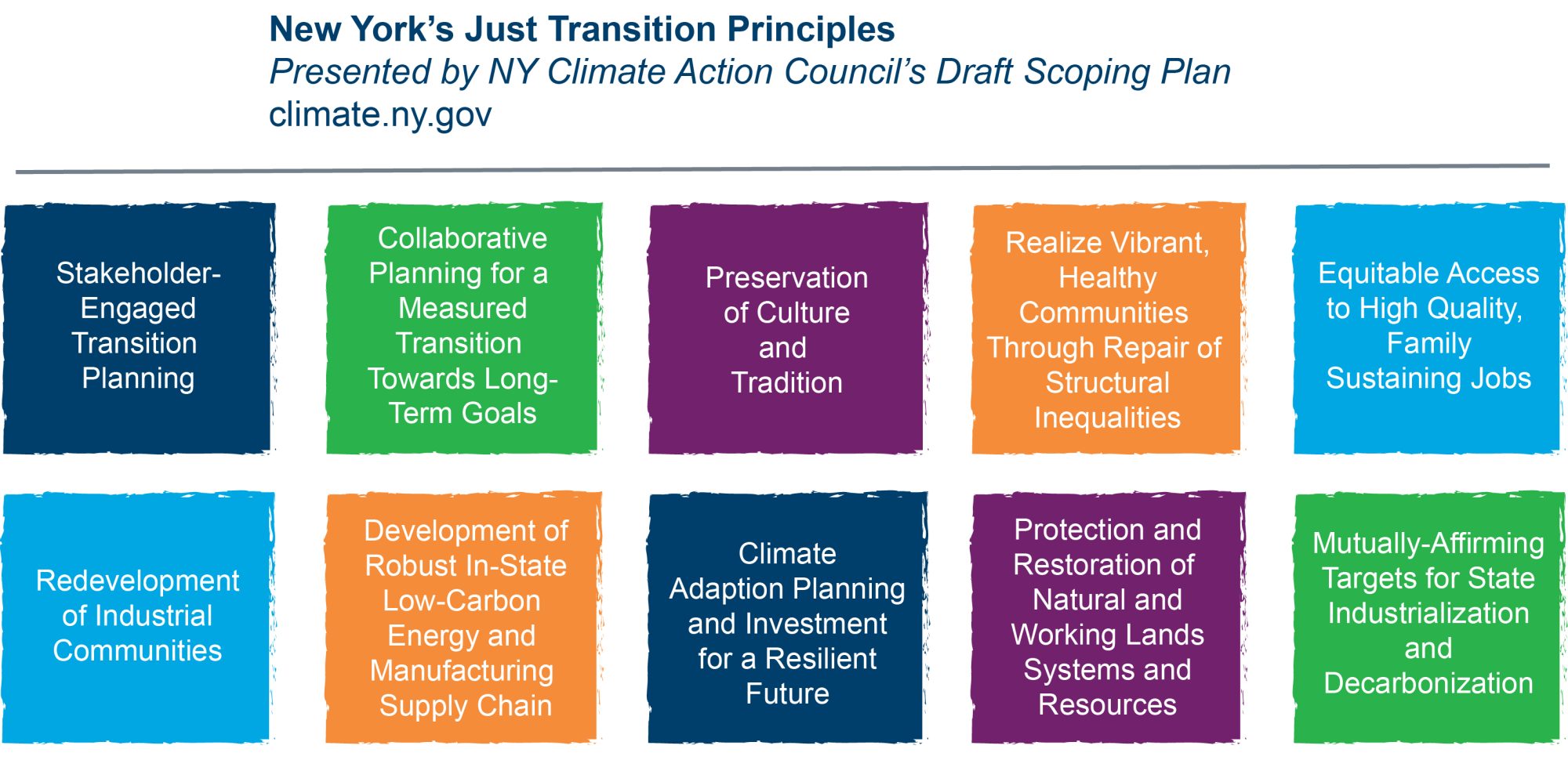
The New York Climate Leadership and Community Protection Act (“Climate Act”), signed in July 2019, established comprehensive emissions reduction and renewable energy targets, and led to formation of the Just Transition Working Group (JTWG).
Just Transition principles were recently released by the JWTG through the State’s Climate Action Council (CAC) Draft Scoping Plan released on December 31, 2021. The JTWG defined ten categories of principles as a guide “to support a fair and equitable movement from fossil fuel-based economies toward the achievement of the carbon neutral future envisioned by the Climate Act.” Further, the “principles were also defined with local, regional, and statewide job creation and workforce development in mind.”
To arrive at these principles, the JTWG explored complex issues associated with the State’s unique energy transition. Specifically, the JTWG delved deeper into substantive issues like the impact of the statewide Climate Act on:
- The State’s inventory of fossil-fueled power plants and their transition to future end-uses,
- The regional business community, including emissions-intensive trade-exposed (EITE) businesses, and
- Jobs that will be created in support of clean energy goals, including implications on workforce development.
The JWTG also developed recommendations for supporting economic development in the segments most impacted by this transition, including EITE businesses, disadvantaged communities. and segments of the population that are historically underrepresented in the clean energy workforce.

Looking Forward
While common elements appear in all Just Transition frameworks, community needs are best served by a customized plan developed collaboratively by local workers, unions, employees, families, community leaders, and government and industry leaders. Just Transition plans yield the greatest environmental and community benefit through cohesive stakeholder engagement and a shared framework for action and accountability.
In TRC’s direct experience, a Just Transition means learning from the past and preventing future unintended consequences on human health, the environment, and social equity and justice. It also necessitates that all stakeholders – particularly frontline communities and the businesses and workers most impacted by the transition – have a voice, addressing together the immediate concerns and opportunities associated with countering climate change. Through the lens of a Just Transition, stakeholders have a more comprehensive understanding of how climate-based decisions will impact every level of the community, across policy, economics, education, workforce, economic and community development, industry change, and job transitions.
The energy industry’s rapid push toward a low-carbon future is essential, but transitioning emissions-heavy industries and technologies is only part of the bigger picture. By incorporating environmental justice principles and actively engaging with the people most impacted by the new energy landscape, a Just Transition framework does not just mitigate negative impacts: it brings communities together to pursue a shared vision of sustainable prosperity, more equitable systems, and a cleaner future.
To learn more about TRC’s advisory and consulting services for the power industry, including developing Just Transition plans that assist communities and other stakeholders, contact advancedenergy@trccompanies.com.
Angela Gordon, Rachel Good, Andrea Thompson, and Mark Coleman contributed to this article.
Related Materials
 Draft Scoping Plan
Draft Scoping Plan
Published December 30, 2021
 2020 Just Transition Plan
2020 Just Transition Plan
Published July 1, 2020
Sharing Our Perspectives
Our practitioners share their insights and perspectives on the trends and challenges shaping the market.

Wisconsin PFAS Status & Regulatory Update
September 10, 2024
The awareness and emphasis on per- and polyfluoroalkyl substances (PFAS) as an “emerging contaminant” have led to the rapid and on-going evolution of the regulatory landscape at both the federal and state level.

Treatment of PFAS to Allow for Beneficial Use of Impacted Dredged Sediments
July 18, 2024
Approximately 200 to 300 million cubic yards of sediment are dredged each year by the US Army Corps of Engineers (USACE) and other federal interests (USEPA, 2007).
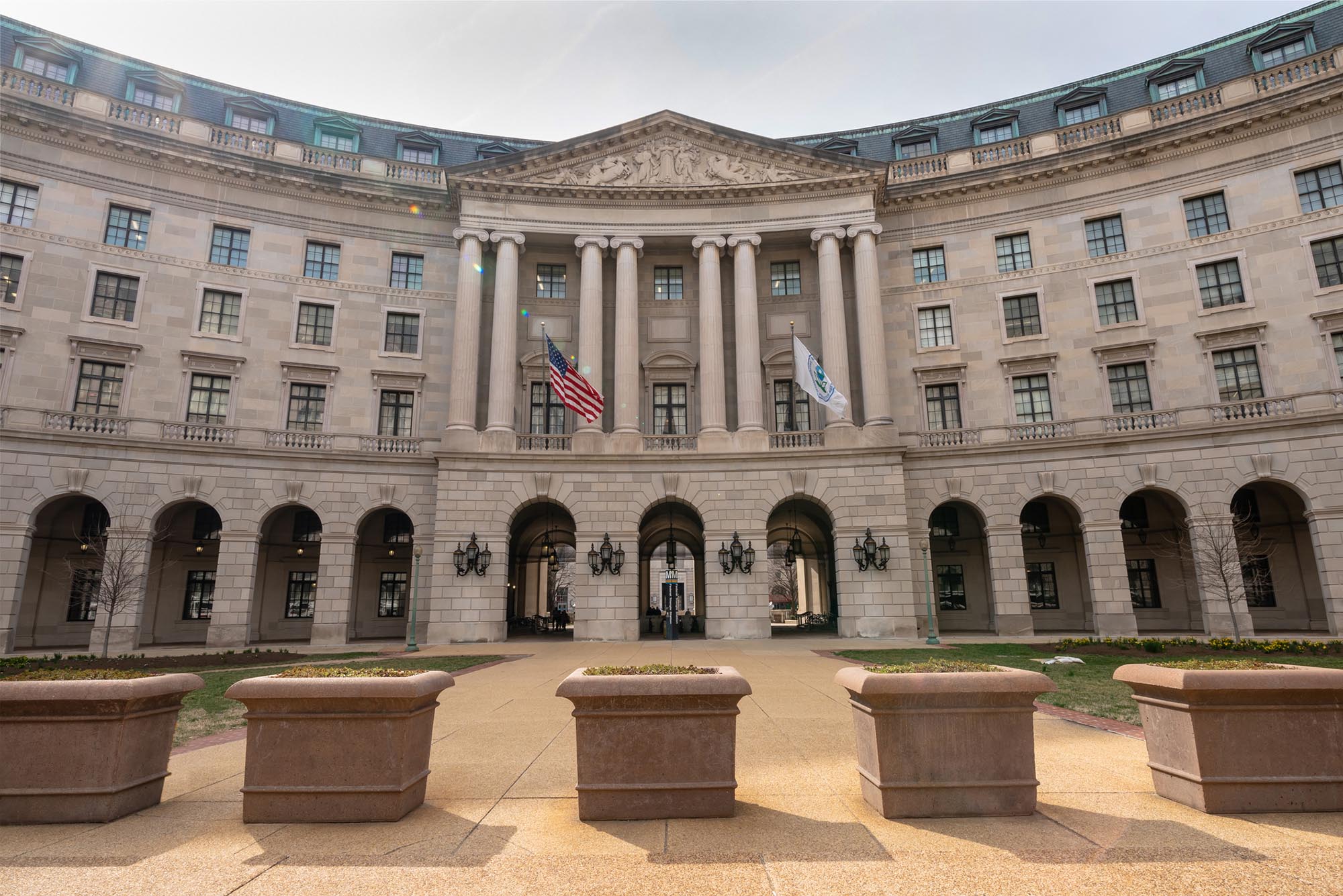
Coming at You Fast – The Latest on RCRA and PFAS Regulations
March 1, 2024
The EPA published its Proposed Rule for Listing of Specific PFAS as Hazardous Constituents under the Resource Conservation and Recovery Act (RCRA).

New EPA Rule Impacts PFAS TRI Reporting and Supplier Notifications
November 20, 2023
What Affected Facilities Need to Know About Applicability, Reporting Changes and Deadlines
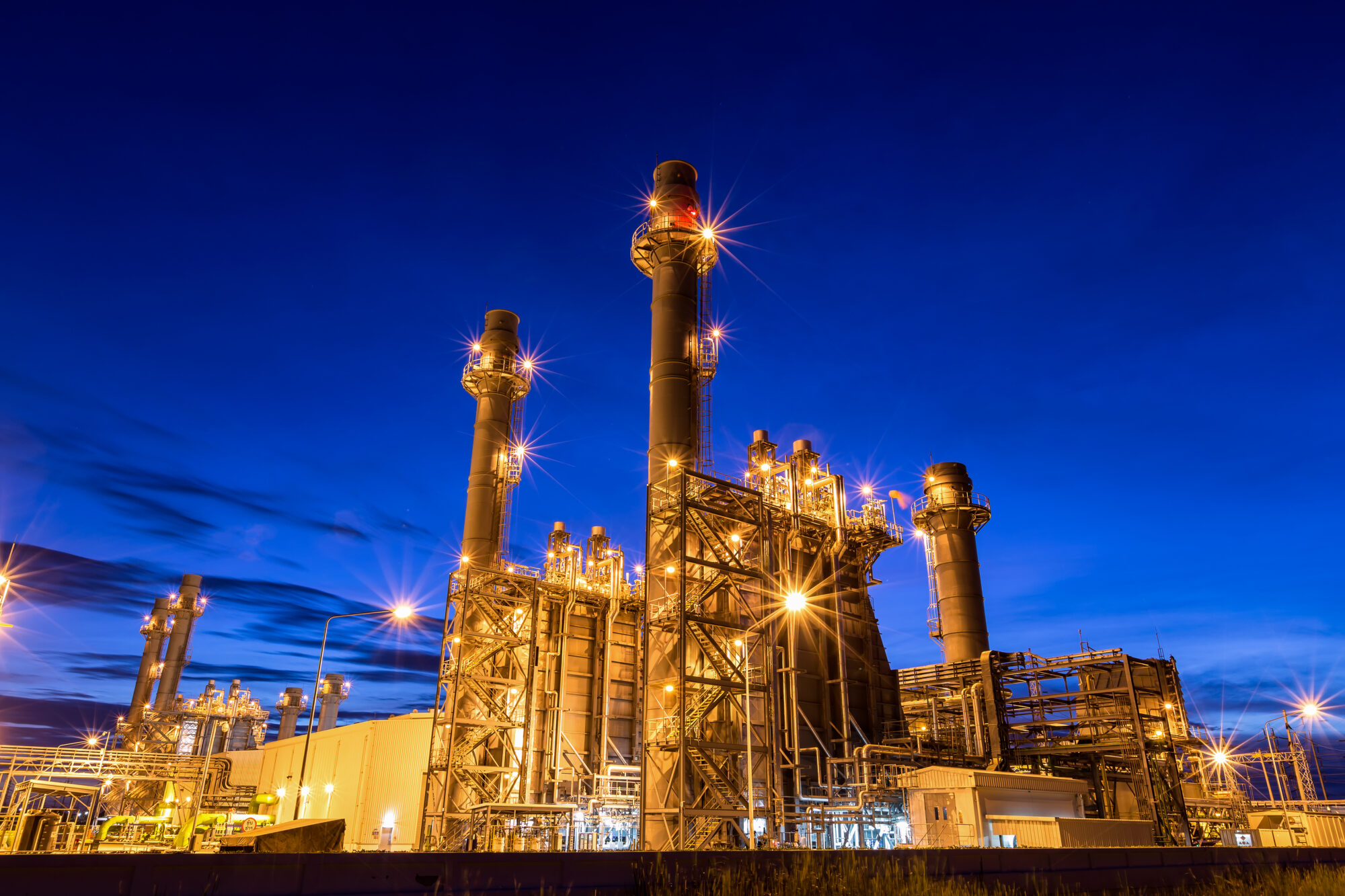
EPA Proposes Changes to Air Emissions Reporting Requirements (AERR)
August 30, 2023
The EPA is proposing updates to their Air Emissions Reporting Requirements (AERR) through amendments to 40 CFR Parts 2 and 51.

How Does PFAS Contamination Impact the Environment?
August 11, 2023
PFAS are widely used in the production of numerous products. Some PFAS chemicals are the by-product of manufacturing processes. As a result, PFAS contamination is widespread, with PFAS being found nearly everywhere in the world.

Helping Airports Identify and Mitigate PFAS Risks
May 30, 2023
This white paper focuses on some unique strategies and situations we have encountered at some airport sites.

EPA Finds Trichloroethylene Presents Unreasonable Risk in Final Risk Evaluation
April 6, 2023
On Jan 9, 2023, the United States Environmental Protection Agency (EPA) revised the Toxic Substance Control Act (TSCA) to reflect a new risk determination for trichloroethylene (TCE).

Proposed Use of a Hazard Index for PFAS National Primary Drinking Water Regulation (NPDWR)
April 4, 2023
The Proposed MCL and MCLG for the four PFAS, PFNA, PFHxS, GenX, and PFBS, considers their toxicity as additive. The EPA has proposed a HI of 1.0 as the MCL and MCLG for the four PFAS combined.

Proposed MCLGs and MCLs for PFAS
March 15, 2023
Final Regulatory Determination for Contaminants on the Fourth Drinking Water Contaminant Candidate List

QA and Chemistry Services
February 23, 2023
TRC offers many QA and Chemistry services including data usability assessments, limited and full data validation reports, quality assurance project plan preparation, selection of appropriate analytical methodologies and laboratory audits.

PFAS Fate and Transport
February 23, 2023
Understanding PFAS properties and behavior is key to effective detection and remediation.

PFAS Fate and Transport: Conceptual Site Models
February 23, 2023
The conceptual site model describes site-specific sources, release and transport mechanisms, exposure media, exposure points, exposure pathways and routes and potential human and/or ecological receptor populations.
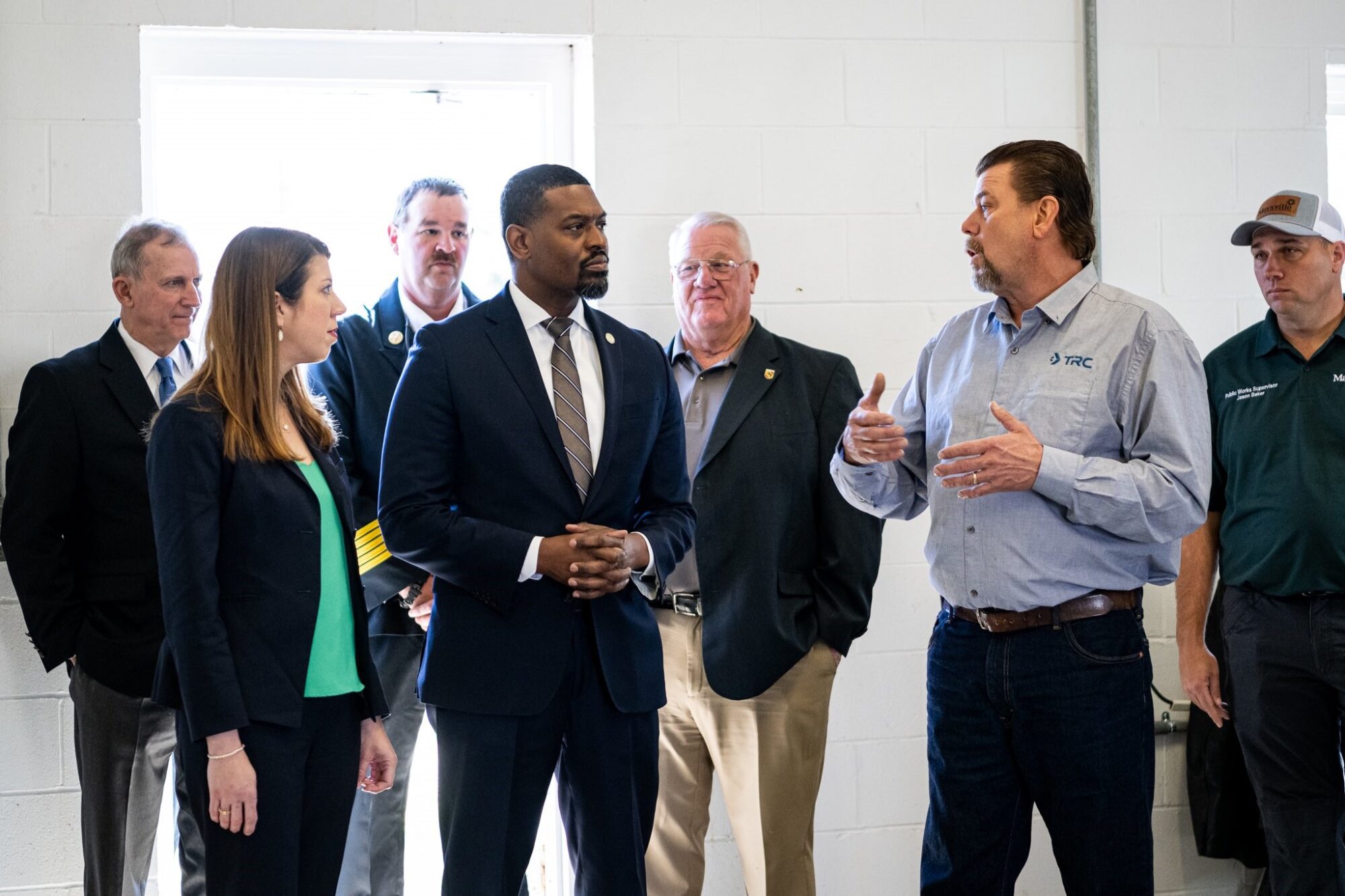
EPA Announces $2 Billion in Funding to Address Emerging Contaminants in Drinking Water
February 14, 2023
Environmental Protection Agency Administrator Michael Regan announced $2 Billion in infrastructure funding to help the nation’s rural water supplies.
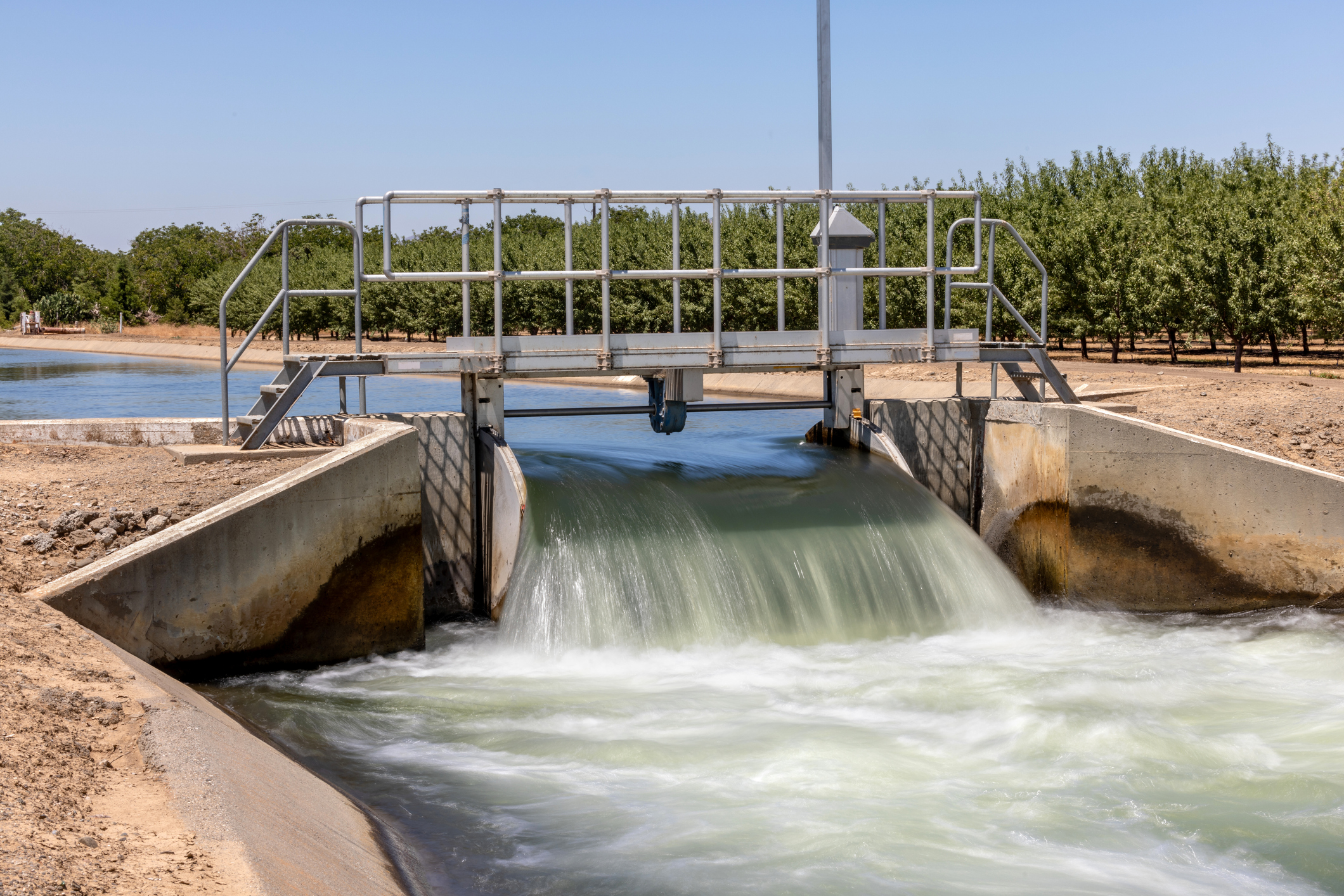
EPA Publishes Effluent Guidelines Program Plan 15
February 14, 2023
The EPA announced updated effluent limitations guidelines under Plan 15, focusing on the evaluation and rulemaking process for per- and polyfluoroalkyl substances (PFAS) discharges.

PFAS: Remedial Approaches
February 8, 2023
Remediating Per- and poly-fluoroalkyl substances (PFAS) from the soil and water requires effective techniques and innovative technologies. TRC’s experts are well versed in several remediation strategies intended to remove PFAS and prevent re-exposure.

TRI PFAS Reporting Requirements Continue to Expand
January 25, 2023
The list of PFAS for TRI reporting has increased to a total of 189 for reporting year 2023.
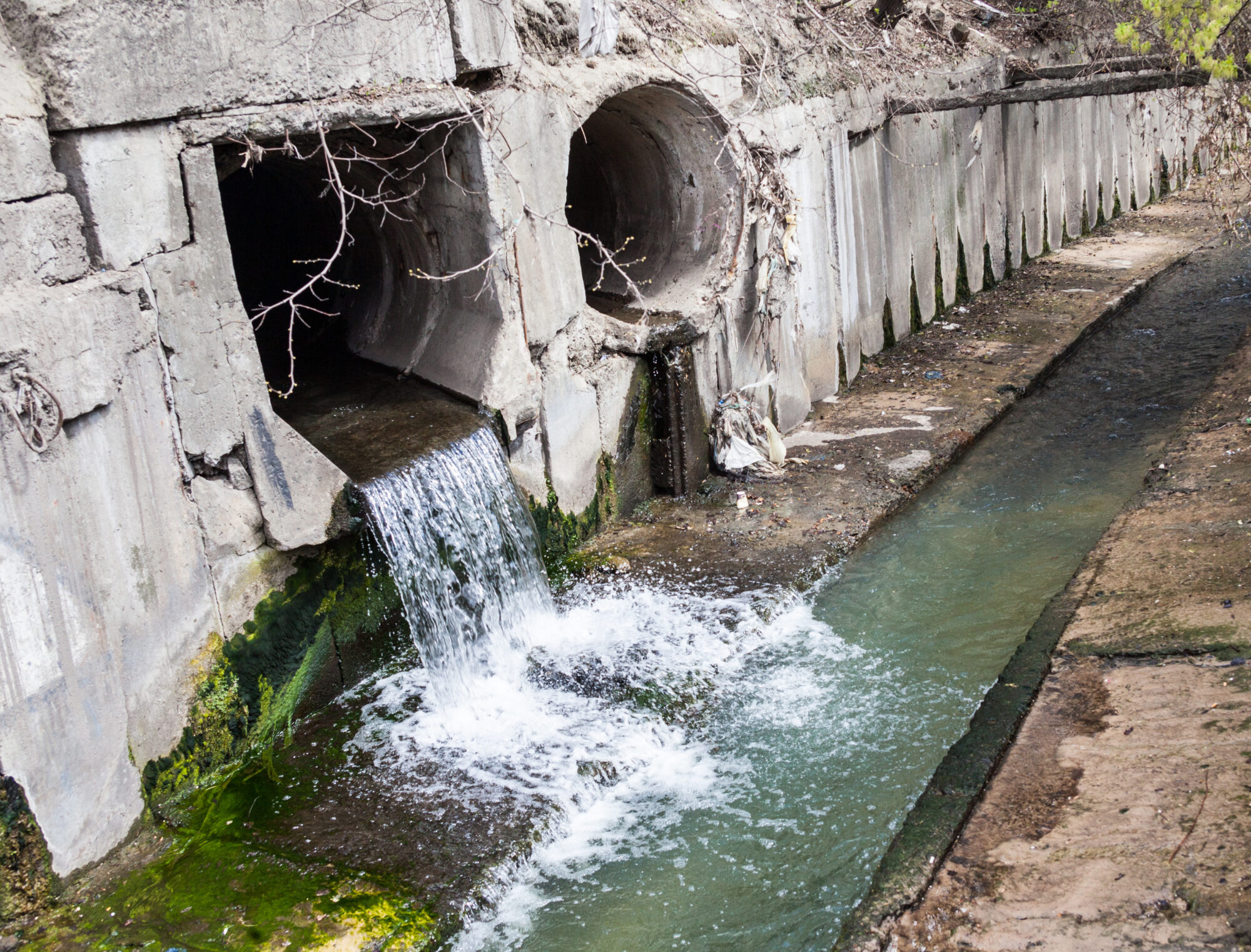
PFAS Discharges in NPDES Permits
December 19, 2022
In a follow-up to the EPA Office of Water’s April 28, 2022 memo, EPA released “Part 2″, providing guidance for the NPDES permitting/pretreatment program as it relates to restricting discharges of PFAS to water bodies.

Washington State Establishes PFAS Cleanup Levels
September 21, 2022
The Washington State Department of Ecology (Ecology) recently published a list of 6 PFAS compounds that now have soil and groundwater cleanup levels

New National Emerging Contaminants Research Initiative
September 12, 2022
The Executive Office of the President of the United States announced a National Emerging Contaminant Research Initiative

EPA Issues Proposed Rule Designating PFOA and PFOS as Hazardous Substances
September 7, 2022
The EPA has issued a pre-publication version of a proposed rule to designate two PFAS compounds as hazardous substances under CERCLA.

Five New PFAS Added to EPA Regional Screening Levels (RSLs)
June 24, 2022
EPA announced the addition of five new PFAS to the list of Regional Screening Levels (RSLs)

EPA Announces Updated Drinking Water Health Advisories for Four PFAS Chemicals: PFOS, PFOA, PFBS, & GenX
June 24, 2022
On June 15, 2022, the EPA released updated Health Advisory Levels for four per- and polyfluoroalkyl substances (PFAS) in drinking water
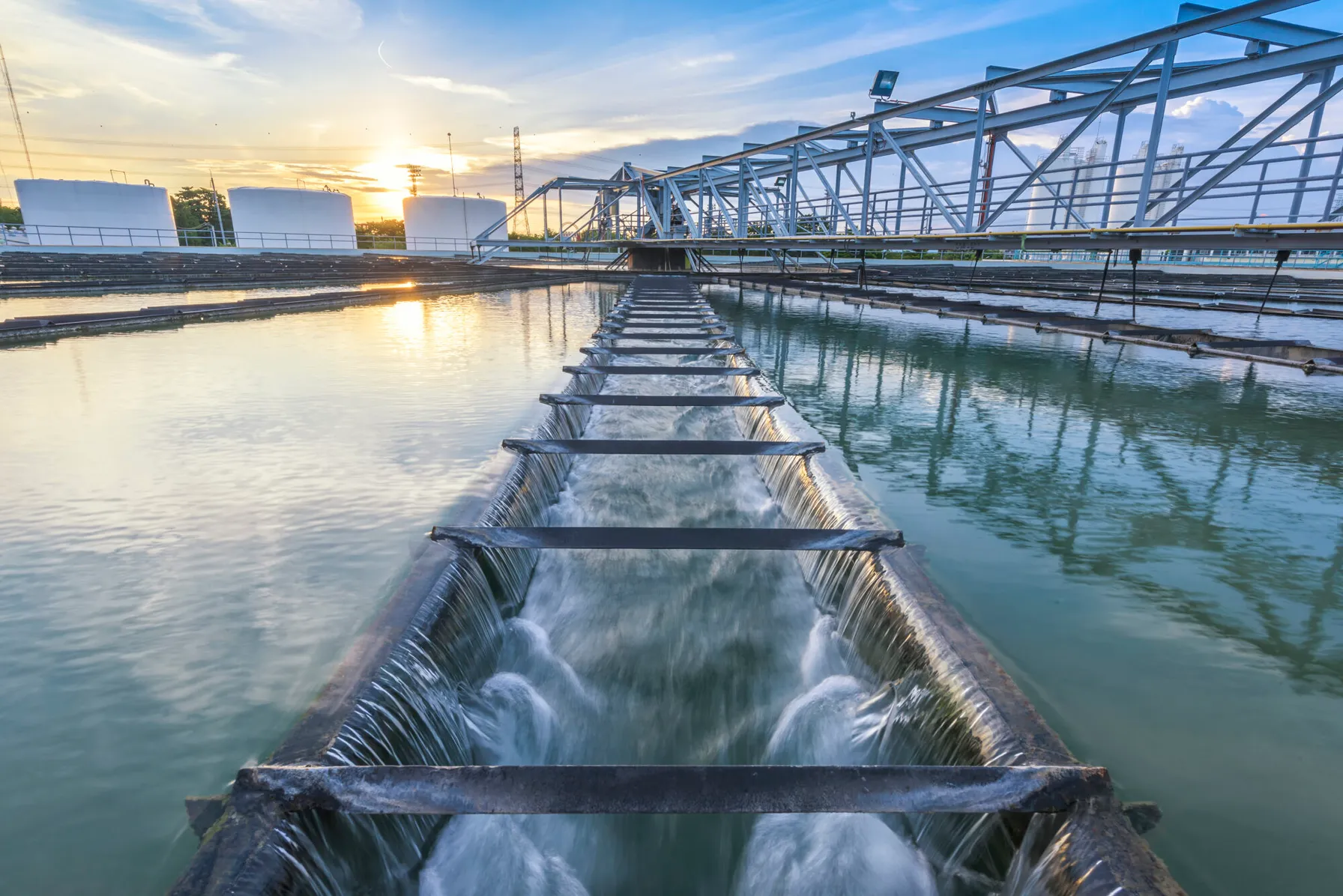
Integrating Sustainability, Digital Connectivity and Design Optimization in Wastewater Treatment Systems
June 20, 2022
Some organizations rarely think about water and wastewater treatment, until there is a problem. American industry depends on the ability to treat wastewater discharges while complying with regulatory standards and addressing emerging contaminants. If wastewater treatment fails, our environment is negatively impacted, and companies are exposed to shutdowns, delays and fines.
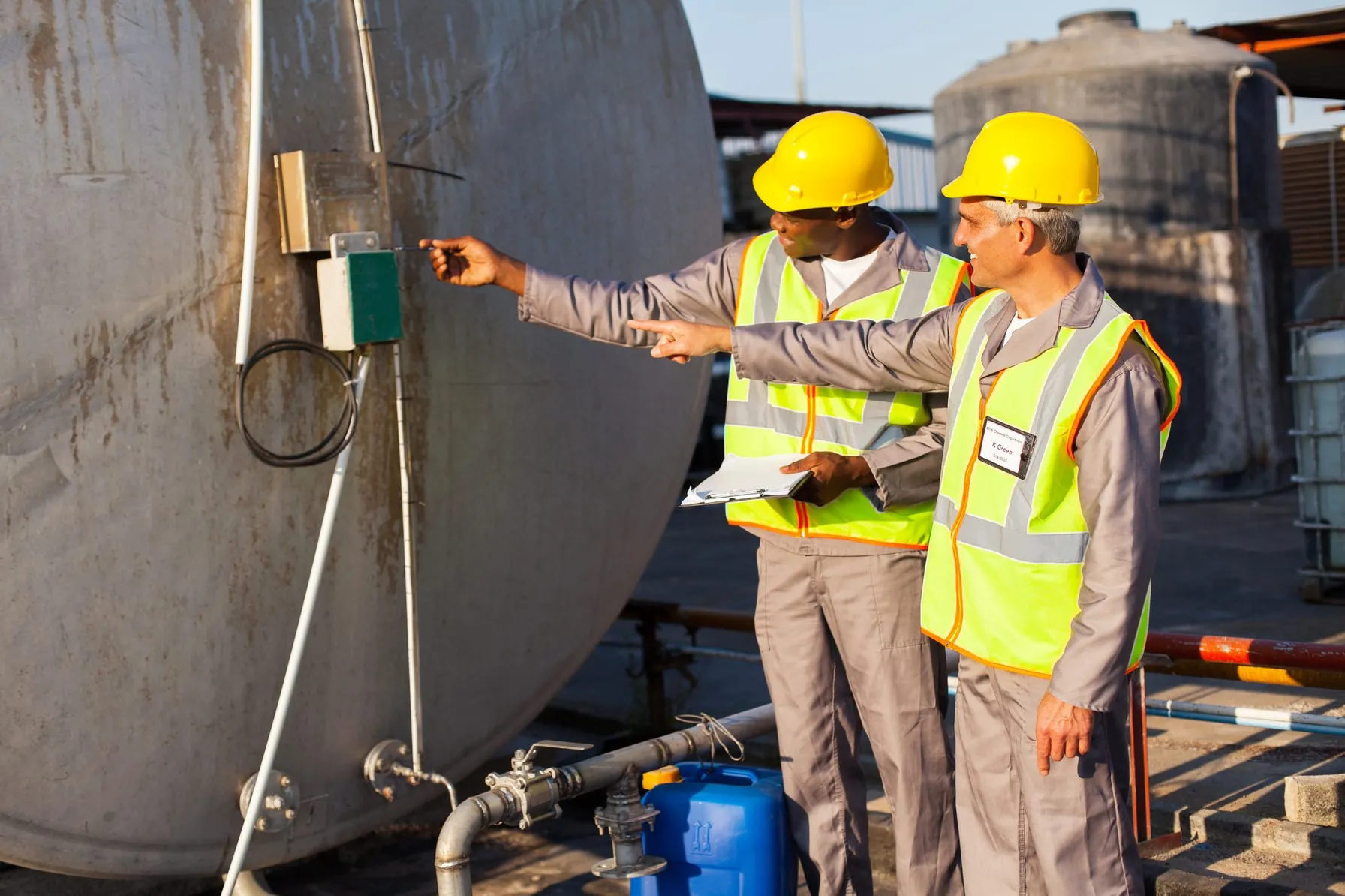
Worst Case Discharges of Hazardous Substances – Proposed Rule
May 25, 2022
In compliance with the Clean Water Act (CWA), the U.S. Environmental Protection Agency (EPA) recently proposed a new rule for onshore non-transportation-related facilities requiring specified facilities to plan for worst case discharges (WCDs) of CWA hazardous substances that could cause substantial harm to the environment.

PFAS Discharges and NPDES Permits
May 25, 2022
On April 28, 2022, the U.S. Environmental Protection Agency’s (EPA) Office of Water released a memo addressing the use of National Pollutant Discharge Elimination System (NPDES) permits to restrict per- and poly-fluoroalkyl substances (PFAS) discharges to water bodies.

EPA Proposes Aquatic Life Criteria for PFOA and PFOS
May 25, 2022
On May 3, 2022, under the Clean Water Act (CWA), the United States Environmental Protection Agency (USEPA) proposed the first aquatic life criteria for both short-term and long-term toxic effects from Perfluorooctanoic Acid (PFOA) and Perfluorooctane Sulfonic Acid (PFOS).

SEC Releases New Proposed Rules Requiring Public Companies to Disclose Climate Risks
April 12, 2022
On March 21, 2022, the U.S. Securities and Exchange Commission (SEC) issued its proposed rules for The Enhancement and Standardization of Climate-Related Disclosures for Investors which would require public companies in the U.S. to disclose information in their annual financial reports.

PFOA & PFOS As CERCLA Hazardous Substances: What Does This Mean and How Can You Be Prepared?
February 17, 2022
A plan to designate two per- and polyfluoroalkyl substances (PFAS) as “hazardous substances” under CERCLA was recently submitted by the EPA.

New Phase I ESA Standard Will Affect Environmental Due Diligence
January 25, 2022
After years of review, revisions and discussions, the new ASTM E1527 Phase I Environmental Site Assessment (Phase I ESA) standard has been published. The new standard includes updates to definitions, clarifications on processes and requirements, and guidance for emerging contaminants.

Fifth Unregulated Contaminant Monitoring Rule Lists 29 PFAS
January 21, 2022
EPA published fifth Unregulated Contaminant Monitoring Rule as required every five years and 29 of the 30 contaminants listed are PFAS.

Need help collecting PFAS samples for NJDEP deadline December 15?
October 7, 2021
NJDES Category B or L Industrial Permit holders – If you haven’t obtained your first PFAS sample yet, time is running out. All New Jersey Pollutant Discharge Elimination System (NJDES) Category B or L Industrial Permit holders are required by the New Jersey Department of Environmental Projection (NJDEP) to collect two representative effluent samples, taken 30 days apart, to be analyzed for PFAS by an approved laboratory and submitted to them by December 15, 2021.

Interpretation of “Waters of the United States” (WOTUS) Reverts to Pre-2015 Regulatory Definition
September 29, 2021
Environmental Protection Agency (EPA) and U.S. Army Corps of Engineers (ACOE) revert to pre-2015 regulatory program definition of “Waters of the United States.”
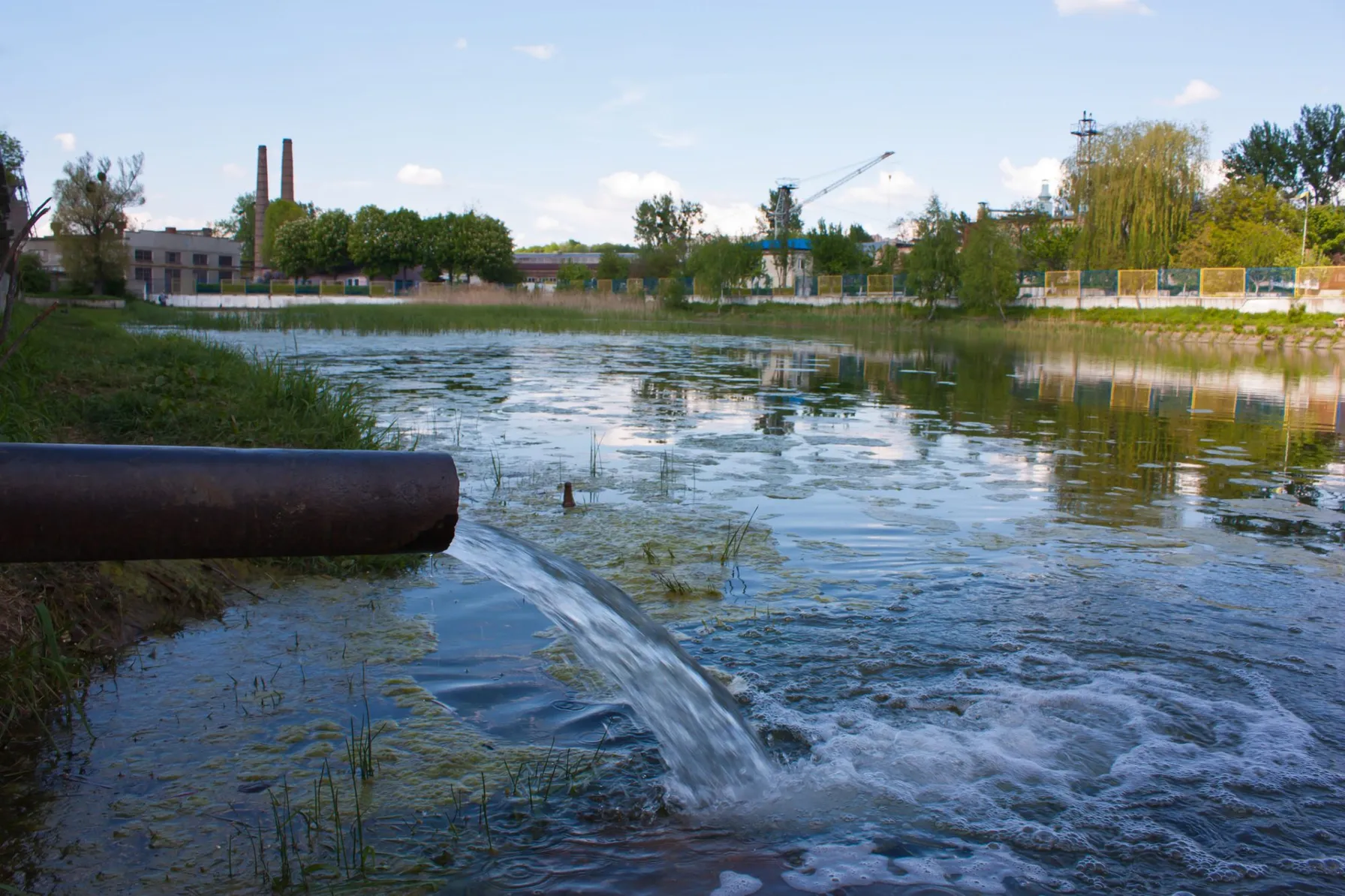
EPA Solicits Comments on PFAS Discharges in Five Point Source Categories
September 23, 2021
EPA solicits comments in five point source categories (PSCs) in the manufacture, use, treatment and discharge of PFAS.

PFAS Air Emissions Standards and Trends for Summer 2021
August 17, 2021
Environmental impacts of PFAS in ambient air leads to states implementing PFAS air-related thresholds.

Cryptocurrency: The Environmental Threats and Opportunities
August 9, 2021
Cryptocurrency (also known as crypto) is taking the fintech industry by storm, despite the economic experts who still dismiss it as a viable form of currency. Although often criticized for this volatility, whistleblowers are also further shining a light on the severe toll that these digital currencies are taking on the environment.

TRC Colorado PFAS Regulatory Update
July 21, 2021
Update on Colorado’s recent policies and plans to regulate new and historical discharges of per- and polyfluoroalkyl substances (PFAS) into the environment.

2021 EPA TRI Reporting Requirements for Natural Gas Processing Facilities
July 12, 2021
Indication EPA finalizing a rule to add natural gas extraction or processing plants to EPCRA Toxics Release Inventory (TRI) reporting.

Implementing bioremediation at environmental cleanup sites: TRC experts weigh in at leading industry conference
May 17, 2021
TRC experts make several presentations at the Battelle conference about innovative approaches they have developed for implementing and monitoring bioremediation and the use of naturally-occurring or deliberately-introduced micro-organisms to break down environmental pollutants.
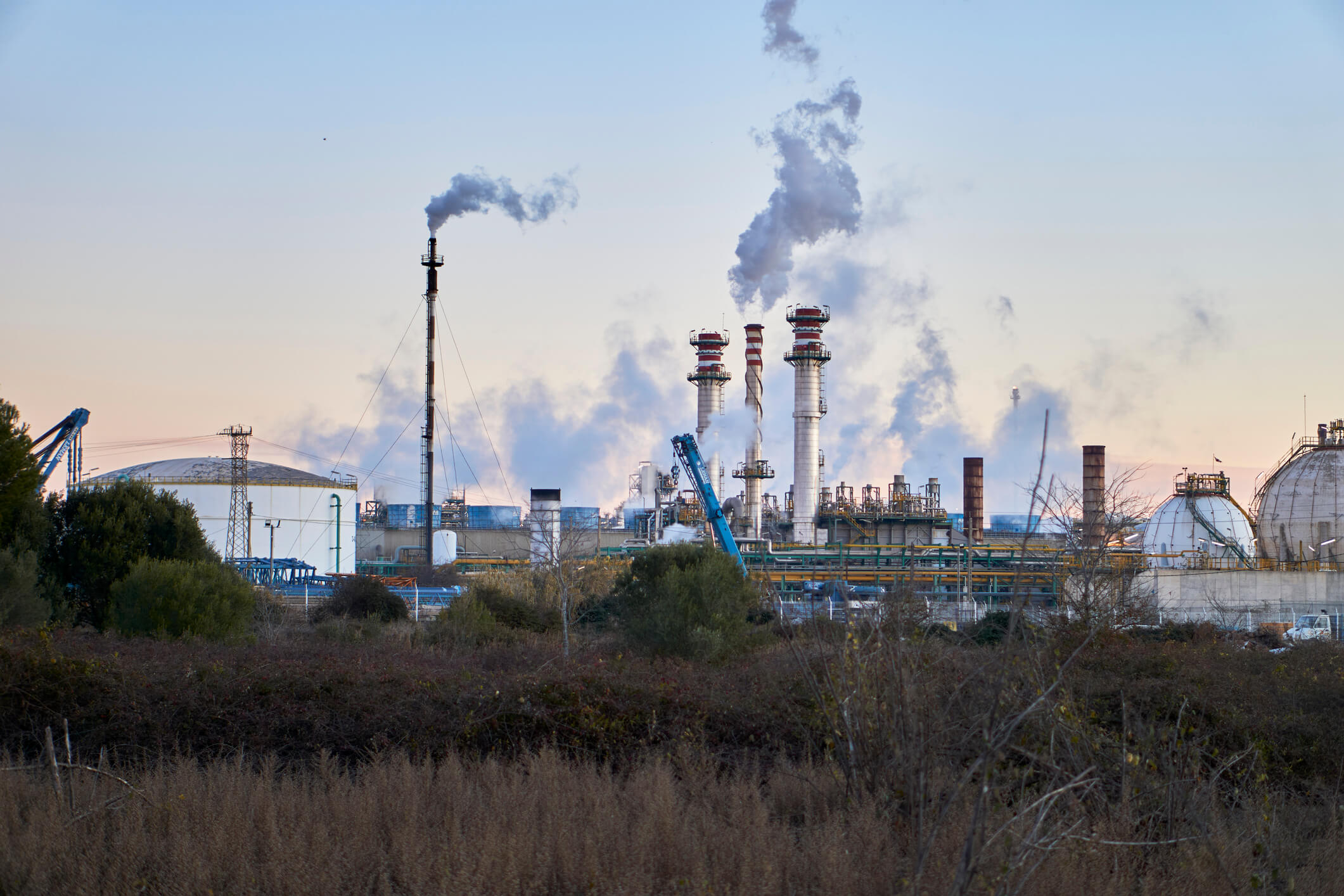
Interim Guidance on Destruction and Disposal of PFAS & Materials Containing PFAS
February 19, 2021
Interim Guidance from EPA identifies 6 materials that use or manufacture PFAS and approaches for disposal.

EPA continues to aggressively address PFAS wastewater with two new strategies
January 4, 2021
EPA takes steps toward PFAS wastewater and storm water permitting, and analytical methods for testing.

TRC Companies Inc. Acquires 1Source Safety and Health
November 11, 2020
TRC Companies (“TRC”), a leading technology-driven provider of end-to-end engineering, consulting and construction management solutions, has acquired 1Source Safety and Health, a firm that provides management consulting services in areas such as indoor air quality, asbestos management, industrial hygiene and safety management systems.

Ecological Risk of PFAS from AFFF-Impacted Sites
June 30, 2020
The facts on evaluating exposure to wildlife

TRC’s Reporting Tool Can Help Identify New PFAS under the TRI
May 19, 2020
While utilities often work in technical silos, NERC auditors are trained to cross check compliance evidence and data between interrelated standards.

